Κείμενο
Χαίρετε, ονομάζομαι Στέλιος Πανταζής, είμαι γιατρός εξειδικευμένος στην ιατρική διατροφολογία και στις διαταραχές του μεταβολισμού και το θέμα μας σήμερα είναι η ιδανική διατροφή για την αντιμετώπιση της Μη-Αλκοολικής Λιπώδους Νόσου του Ήπατος. Πιθανό να έχετε ακούσει κι εσείς να σας λένε μετά από υπέρηχο ότι έχετε “λίπος στο συκώτι” ή κάτι αντίστοιχο. Σε όλους τους ανθρώπους το συκώτι έχει λίπος, απλά οι ποσότητες που έχει είναι μικρές και δεν φαίνονται στον υπέρηχο άνω κοιλίας. Πολύ συχνά όμως το λίπος μπορεί να αυξηθεί σημαντικά σε ποσότητα, οπότε και γίνεται ορατο στην εξέταση. Αυτή η κατάσταση περιγράφεται ως “λίπος στο συκώτι” ή “λιπώδης διήθηση του ήπατος”. Οι πιο συχνοί παράγοντες που συνεισφέρουν σε αυτήν την κατάσταση είναι η υπερκατανάλωση αλκοόλ ή ή υπερκατανάλωση τροφής ή κατανάλωση λάθος τροφής, που είναι διαφορετικά πράγματα, αλλά έχουν τις ίδιες συνέπειες. Φυσικά, μπορεί να συμβαίνει και συνδυασμός αυτών. Όταν το πρόβλημα εστιάζεται στην υπερκατανάλωση αλκοόλ ονομάζεται Αλκοολική Ηπατοπάθεια, ενώ όταν δεν σχετίζεται κυρίως με αλκοόλ ονομάζεται Μη-Αλκοολική Λιπώδης Νόσος του Ήπατος. Σήμερα λοιπόν θα μιλήσουμε για αυτήν την εξαιρετικά συχνή πάθηση και θα παρουσιάσουμε μερικές τροφές που βοηθούν στην αντιμετώπισή της, όπως και μερικές τροφές που την επιβαρύνουν ιδιαίτερα. Όταν σπούδαζα ιατρική, πριν 2,5 δεκαετίες περίπου, έμαθα για την Μη Αλκοολική Λιπώδη Νόσο του Ήπατος, αλλά τότε κατάλαβα ότι ο ιατρικός κόσμος την ονόμαζε νόσο σχετικά απρόθυμα. Μάλιστα, μέσα στα νοσοκομεία, συχνά άκουγα συναδέλφους ιατρούς να μιλούν με απαξίωση, λες και ήταν μια παραλλαγή μιας φυσιολογικής κατάστασης, ή κάτι ασήμαντο ή καλόηθες. Επίσης, μερικοί συνάδελφοι μου είχαν πει, σε αντίθεση με αυτό που διάβαζα στα ιατρικά συγγράμματα, ότι δεν εξελίσσεται σε σοβαρή πάθηση του ήπατος, όπως η κίρρωση του ήπατος, και ότι γενικά είναι τόσο συχνή που είναι “φυσιολογική”. Δεν είναι τυχαίο ότι αρκετοί από αυτούς τους συναδέλφους που τα έλεγαν αυτά μου έλεγαν επίσης ότι και οι ίδιοι

το έχουν και δεν ανησυχούν. Δυστυχώς, η αλήθεια είναι διαφορετική. Σίγουρα η νόσος είναι πολύ συχνή. Στις κοινωνίες δυτικού τύπου υπολογίζεται ότι 1 στις 3 ενήλικες πάσχει από την νόσο, ενώ το μόνο δεδομένο που βρήκα από την Ελλάδα αναφέρει ότι λιγότερο από 30% των ανθρώπων που καταλήγουν από οποιονδήποτε λόγο έχει φυσιολογικό ήπαρ. Δηλαδή, πάνω από το 70% των συνανθρώπων μας έχει κάποιο βαθμό λιπώδη διήθηση στην αυτοψία όταν πεθαίνει. Είναι όμως καλόηθες κατάσταση; Συνήθως ναι. Άλλα όχι πάντα. Μόλις ένα πολύ μικρό ποσοστό ανθρώπων με Μη-Αλκοολική Λιπώδη Νόσο του Ήπατος εμφανίζει σε βάθος χρόνου σημαντικά προβλήματα στο ήπαρ, αλλά όταν από αυτήν την νόσο πάσχουν ένα πολύ μεγάλο ποσοστό των ενηλίκων, τελικά τα άτομα που εμφανίζουν σοβαρές συνέπειες είναι αρκετά. Στις μελέτες, έχει φανεί ότι το πολύ 1 στους 25 θα υποστεί σημαντικές συνέπειες από την νόσο, όπως κίρρωση ή νεοπλασία. Οι παράγοντες που αυξάνουν την πιθανότητα να εξελιχθεί η νόσος και να γίνει σοβαρή είναι οι συνήθεις ύποπτοι: διαβήτης, παχυσαρκία και υπέρταση. Δυστυχώς όμως, αν και τελικά σπάνια εξελίσσεται η πάθηση, το πρόβλημα είναι ότι τελικά τα άτομα που θα χρειαστούν μεταμόσχευση ήπατος είναι τόσα πολλά που υπολογίζεται ότι σύντομα θα είναι ο πιο συχνός λόγος για μεταμόσχευση του ήπατος, αν δεν είναι ήδη. Σκεφτείτε το. Ο νούμερο ένα λόγος μεταμόσχευσης ήπατος είναι η υπερκατανάλωση αλκοόλ και φαγητού. Θλιβερό. Το καλό στην ιστορία είναι ότι η Μη-Αλκοολική Λιπώδης Νόσος του Ήπατος είναι πλήρως αναστρέψιμη! Ναι, καλά ακούσατε. Όσοι από εσάς πάσχετε, μπορείτε να την θεραπεύσετε. Εντελώς! Να την διώξετε σαν να μην την είχατε ποτέ. Και ο τρόπος είναι ο γνωστός: σωστή διατροφή, απώλεια βάρους, διακοπή ηπατοτοξικών ουσιών, όπως του αλκοόλ και κάποιον τροφών, και άσκηση. Από αυτά, σήμερα θα εστιάσουμε στην σωστή διατροφή. Θα παρουσιάσω τις τροφές που ωφελούν, αλλά και τις τροφές που βλάπτουν. Ξεκινάω με 12 τροφές που πρέπει να εισάγετε ή να αυξήσετε σημαντικά στην διατροφή σας, δηλαδή διατροφές που

βοηθούν στην αντιμετώπιση, μαζί με απώλεια βάρους, φυσικά. 1. Καφές: Είμαι από τους άτυχους που δεν ανέχονται την καφεΐνη και γι’ αυτο έχω κόψει τον καφε, όμως αν εσείς την ανέχεστε, τότε να ξέρετε ότι ο καφές προστατεύει το ήπαρ. 2. Πράσινα φυλλώδη λαχανικά: Φαντάζομαι ότι δεν σας κάνει εντύπωση που το ακούτε, αλλά τα φρέσκα λαχανικά ωφελούν και το ήπαρ. Αν και τα φυλλώδη, όπως το σπανάκι και τα χόρτα, είναι τα πιο ωφέλιμα, ακόμα και τα μη φυλλώδη, όπως το μπρόκολο, το κουνουπίδι κτλ βοηθούν πολύ. 3. Τόφου: Το τόφου είναι ένα φυσικό προϊόν από σόγια που μπορεί να προστεθεί ως συστατικό στα φαγητά μας. Σε μελέτες σε ζώα έχει φανεί ότι η πρωτεΐνη σόγιας εμποδίζει την συσσώρευση λίπους στο ήπαρ. 4. Ψάρια: Άλλη μία τροφή που μας προσφέρεται απλόχερα στην χώρα μας και είναι εξαιρετικά ωφέλιμη γιατί τα ωμέγα 3 προστατεύουν από τις φλεγμονές. Η καλύτερες πηγές είναι τα γνωστά: σαρδέλες, σκουμπρί, γαύρος, ρέγγα και πέστροφα. 5. Μη επεξεργασμένα ή πολύ λίγο επεξεργασμένα δημητριακά: Τα δημητριακά αποτελούνται από κάτι πολύ καλό και κάτι αρκετά κακό. Το καλό είναι οι φυτικές ίνες και οι βιταμίνες που περιέχουν, ενώ το κακό είναι το άμυλο. Αν τα τρώμε ολόκληρα ή πολύ λίγο επεξεργασμένα σε κανονικές ποσότητες, τότε το καλό νικάει το κακό και η τροφή είναι πολύτιμη και χρήσιμη. Αν διαχωρίζουμε το καλό και τρώμε το κακό, τότε η βλάβη στην υγεία μας είναι μεγάλη. Αξίζει να δείτε το βίντεο που εξηγεί πως μπορείτε να βρείτε στο σούπερ μάρκετ τα προϊόντα από δημητριακά ολικής που είναι πραγματικά ολικής. 6. Καρύδια: Τα καρύδια είναι πλούσια σε ωμέγα-3 και έχει φανεί σε μελέτες ότι βοηθάνε τα άτομα που πάσχουν από παθήσεις του ήπατος. 7. Αβοκάντο: Τα αβοκάντο περιέχουν ουσίες που φαίνεται σε μελέτες να επιβραδύνουν την βλάβη στο ήπαρ. Επίσης, είναι πλούσια σε φυτικές ίνες που βοηθούν στην απώλεια βάρους. 8. Λιναρόσπορος: Δεν έχω βρει ακόμα κάτι καλό που να μην το κάνει ο λιναρόσπορος. Ο λιναρόσπορος είναι πολύ πλούσιος σε ωμέγα-3 και λιγνίνες, που είναι

φυτικές ίνες που έχουν αποδειχθεί τεράστιας σημασίας για την υγεία μας. Δεν θα σας κάνει λοιπόν εντύπωση που ο λιναρόσπορος βοηθάει και στην αντιμετώπιση των παθήσεων του ήπατος. Συγκεκριμένα, μειώνει την ηπατική βλάβη σε άτομα με Μη-Αλκοολική Λιπώδη Νόσο του Ήπατος, όπως αυτή αξιολογείται από τα ηπατικά ένζυμα. 9. Ηλιόσποροι: Φαίνεται ότι και οι ηλιόσποροι τα καταφέρνουν εξίσου καλά με τον λιναρόσπορο στην μείωση των ηπατικών ενζύμων. Περιέχουν και αρκετή βιταμίνη Ε που είναι χρήσιμη και αρκετά αντιοξειδωτικά. 10. Ελαιόλαδο: Προφανώς και το ελαιόλαδο βοηθάει, αλλά χωρίς ακρότητες. Η κατανάλωση μεγάλης ποσότητας πιθανό να έχει τα αντίθετα αποτελέσματα. 11. Σκόρδο: Άλλο ένα θαυματουργό στην κουζίνα μας, το σκόρδο μπορεί να βοηθήσει στην μείωση του βάρους σε άτομα που πάσχουν από Μη-Αλκοολική Λιπώδη Νόσο του Ήπατος. 12. Πράσινο τσάι: Πρώιμα δεδομένα δείχνουν ότι το πράσινο τσάι μπορεί να μειώσει την αποθήκευση λίπους στο ήπαρ και να βελτιώσει την λειτουργία του. Αυξάνει και την AMPK, για την οποία ετοιμάζω μια μικρή σειρά επεισοδίων για να καταλάβετε την σημασία της. Ωραία, αυτά τα τρώμε και θα τα αυξήσουμε. Είναι κάτι που πρέπει να μειώσουμε ή να αποφύγουμε τελείως; Φυσικά: Αλκοόλ. Το πιο κλασικό ηπατοτοξικό. Όσο πιο λίγο, τόσο πιο καλά. Ζάχαρη, φρουκτόζη και γλυκαντικά χωρίς θερμίδες: Οι τροφές με γλυκιά γεύση, με ή χωρίς θερμίδες, αυξάνουν την αποθήκευση λίπους στο σώμα και ειδικά στο ήπαρ. Τηγανητά φαγητά: Τα τηγανιτά μπορεί να σας ξεγελάσουν και να καταναλώσετε τεράστιες ποσότητες θερμίδων χωρίς να το καταλάβετε. Επίσης, περιέχουν μερικές πολύ τοξικές ουσίες, όπως το ακρυλαμίδιο. Αλάτι: Δεν θα πω τίποτα, τα ξέρετε. Αρτοποιήματα ευρείας κατανάλωσης, λευκό ρύζι και ζυμαρικά: Όπως είπα και νωρίτερα, αν αφαιρέσεις από τα δημητριακά τον φλοιό τους, από φίλοι γίνονται εχθροί. Κρέας: Φαίνεται ότι η κατανάλωση κρέατος συνδέεται με αυξημένη πιθανότητα εμφάνισης Μη-Αλκοολικής Λιπώδης Νόσου του Ήπατος. Καλό είναι να προτιμάτε τα μικρά ελληνικά

ψάρια. Αυτές λοιπόν είναι οι τροφές που προστατεύουν και προκαλούν Μη-Αλκοολική Λιπώδη Νόσο του Ήπατος. Αν βρήκατε το θέμα ενδιαφέρον, σας παρακαλώ, να πατήσετε το κουμπί μου αρέσει, να το μοιραστείτε με άτομα που θα το βρουν ενδιαφέρον και να εγγραφείτε στο κανάλι για να σας ενημερώνουμε για μελλοντικά θέματα. Επίσης, μπορείτε να χρησιμοποιήσετε τα σχόλια για να ζητήσετε να παρουσιάσουμε ένα θέμα στο μέλλον. Σας ευχαριστώ πολύ.

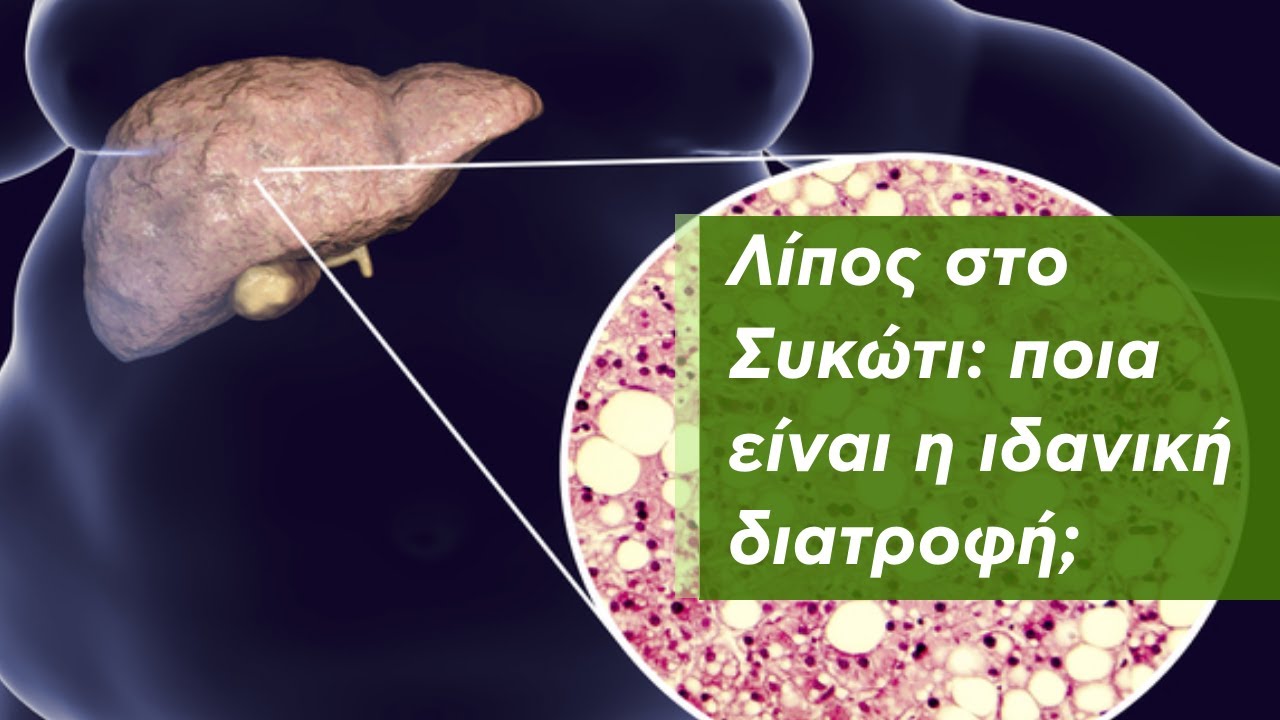
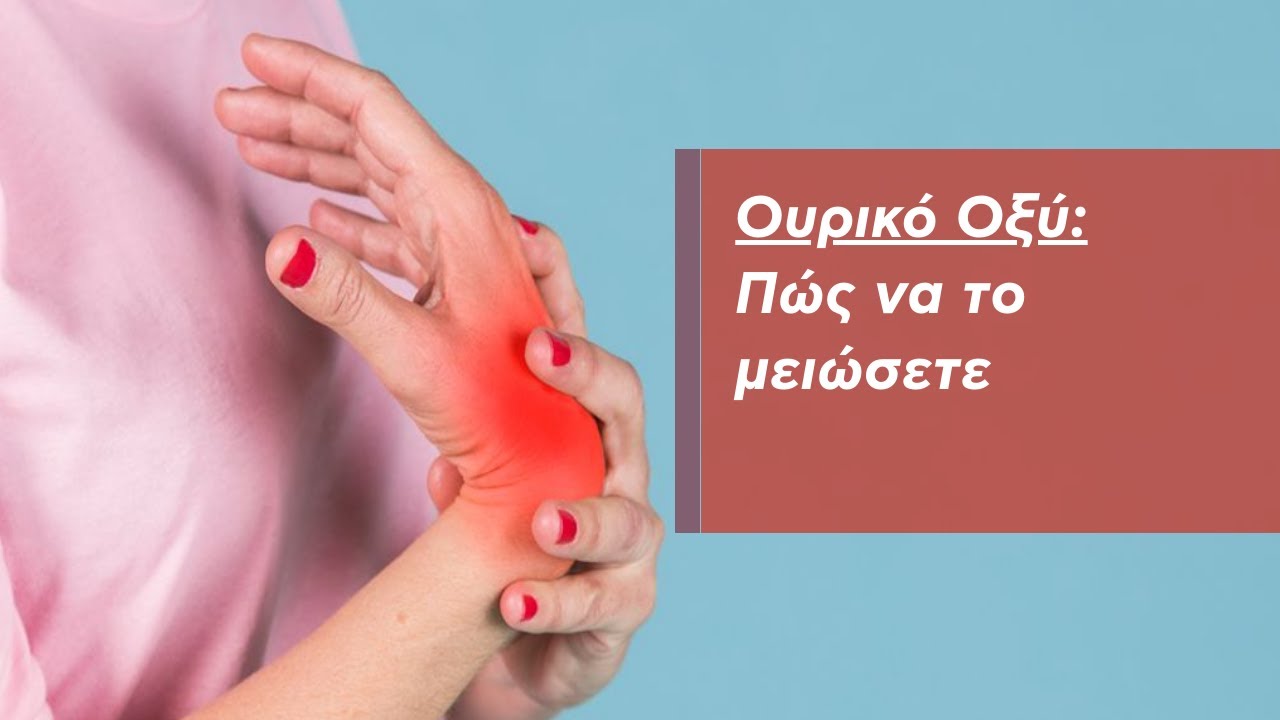
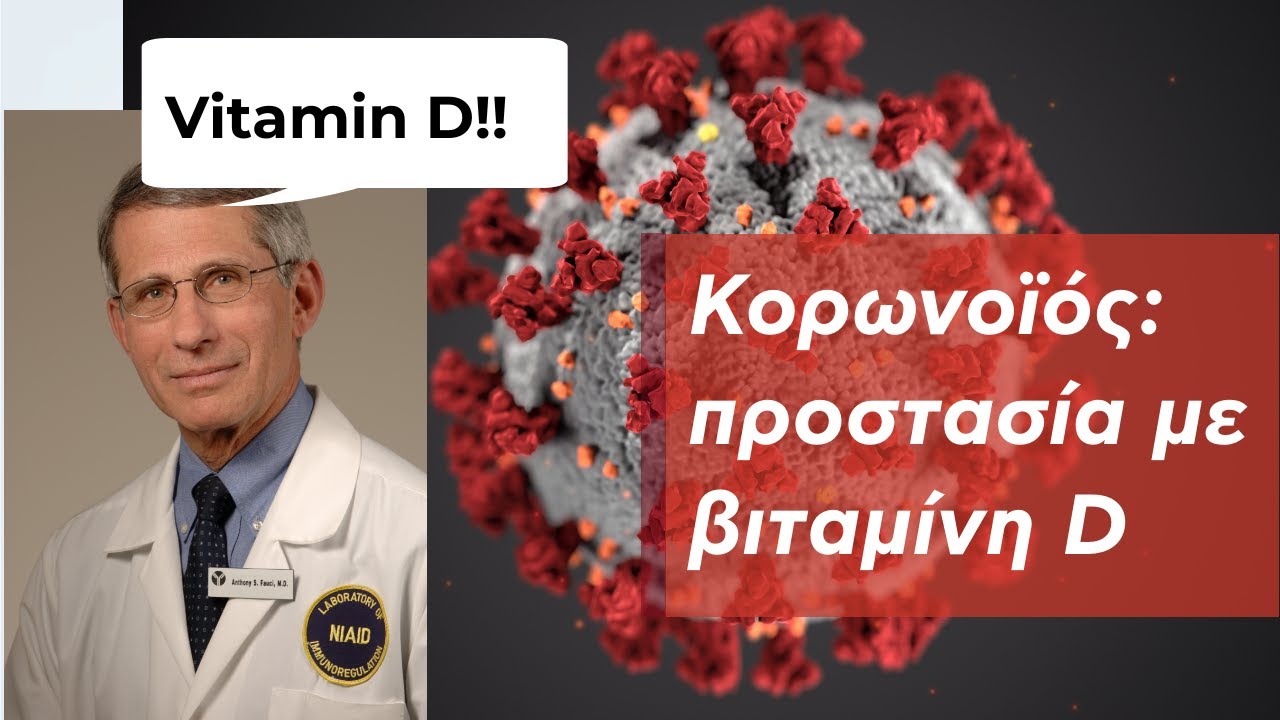
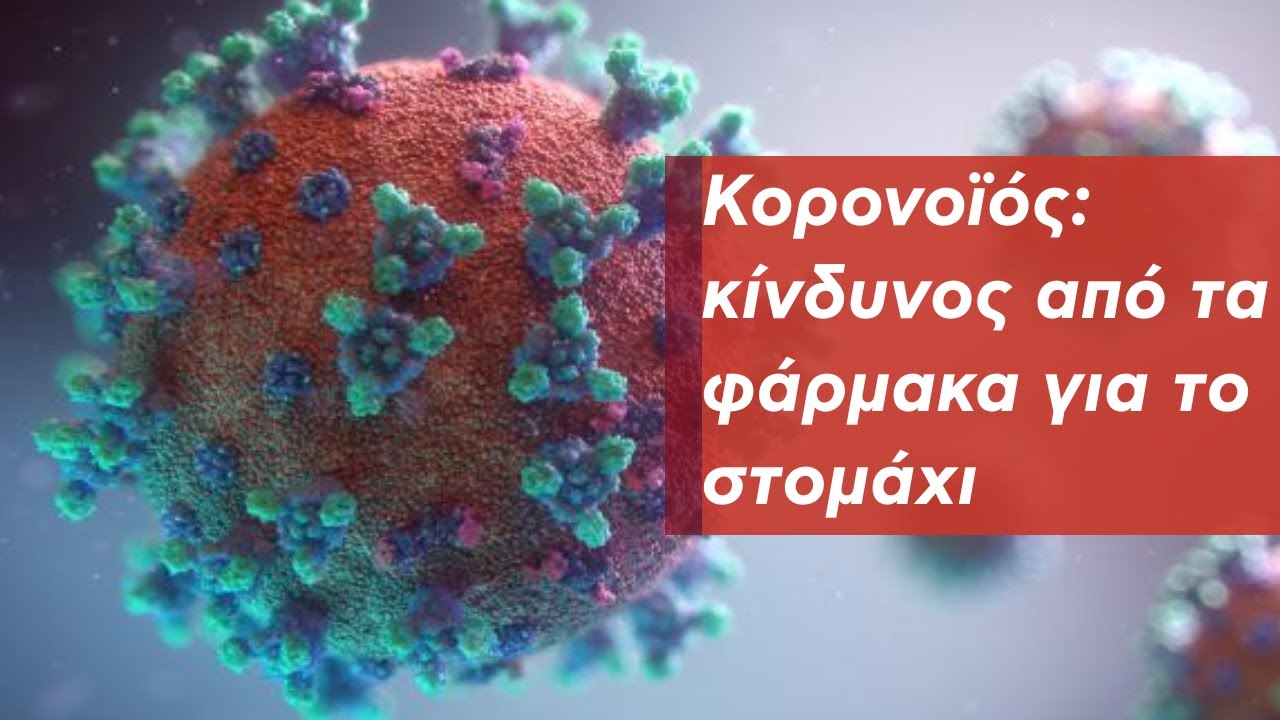
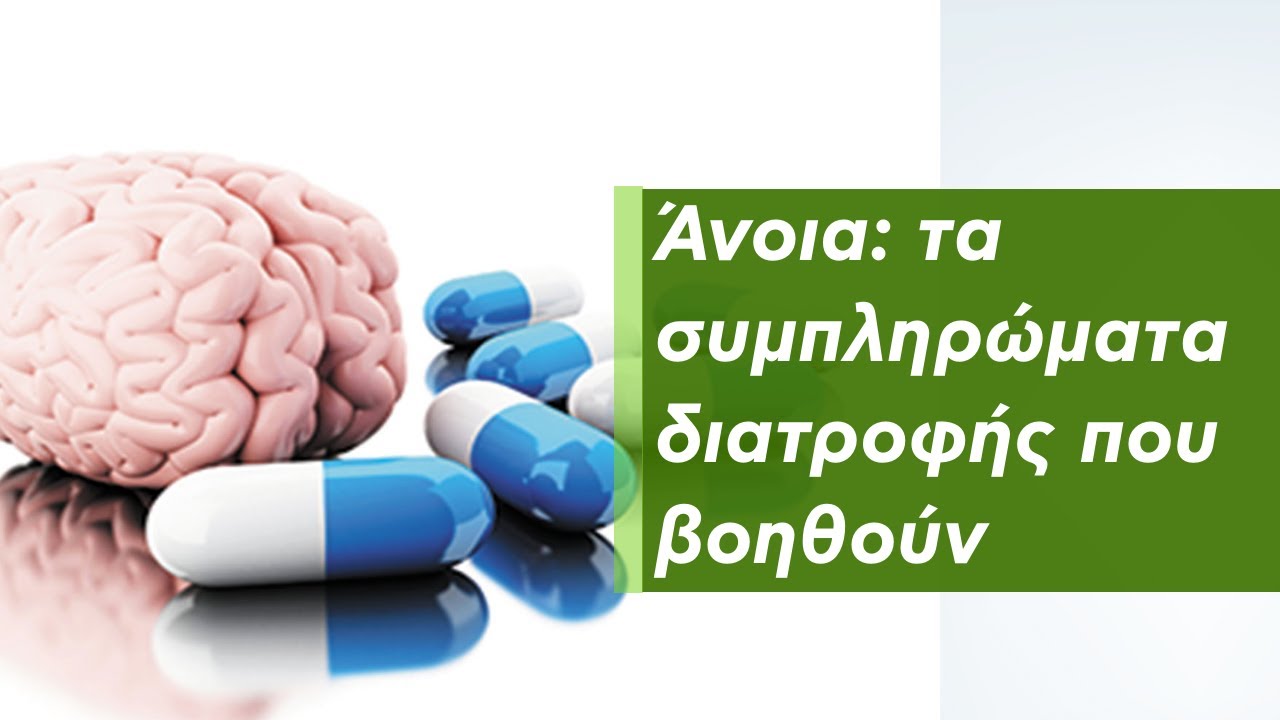
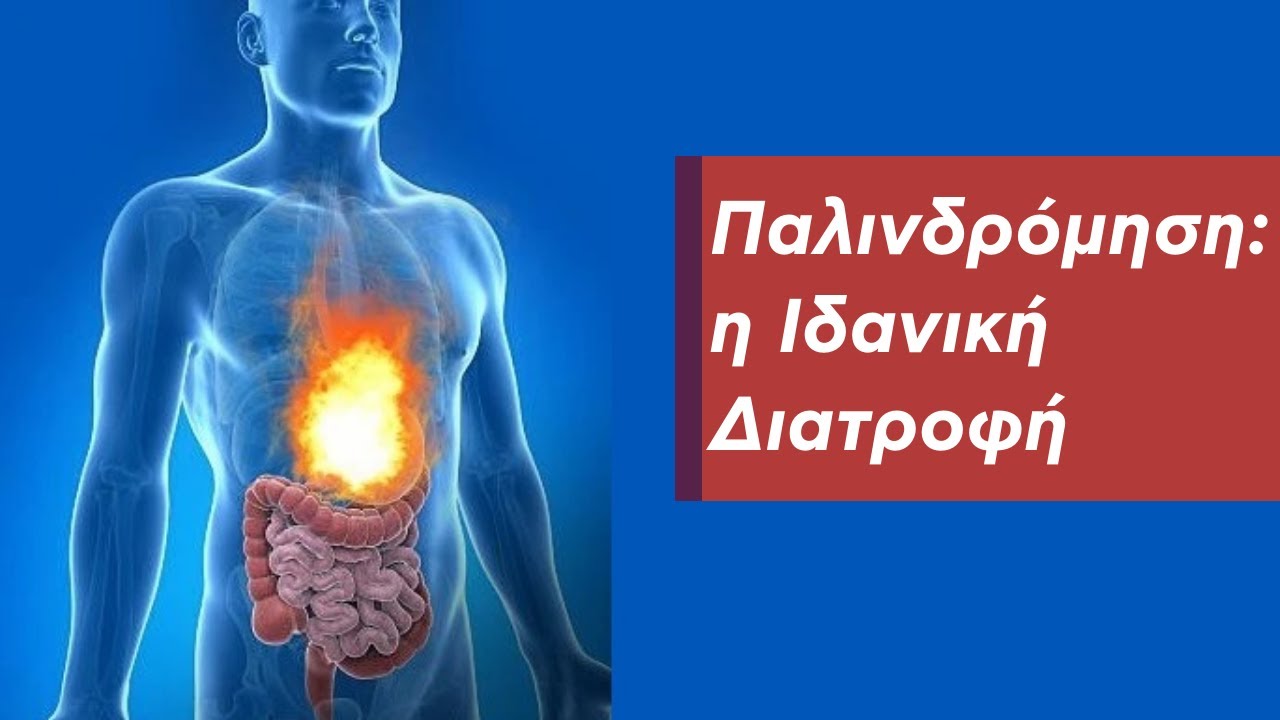
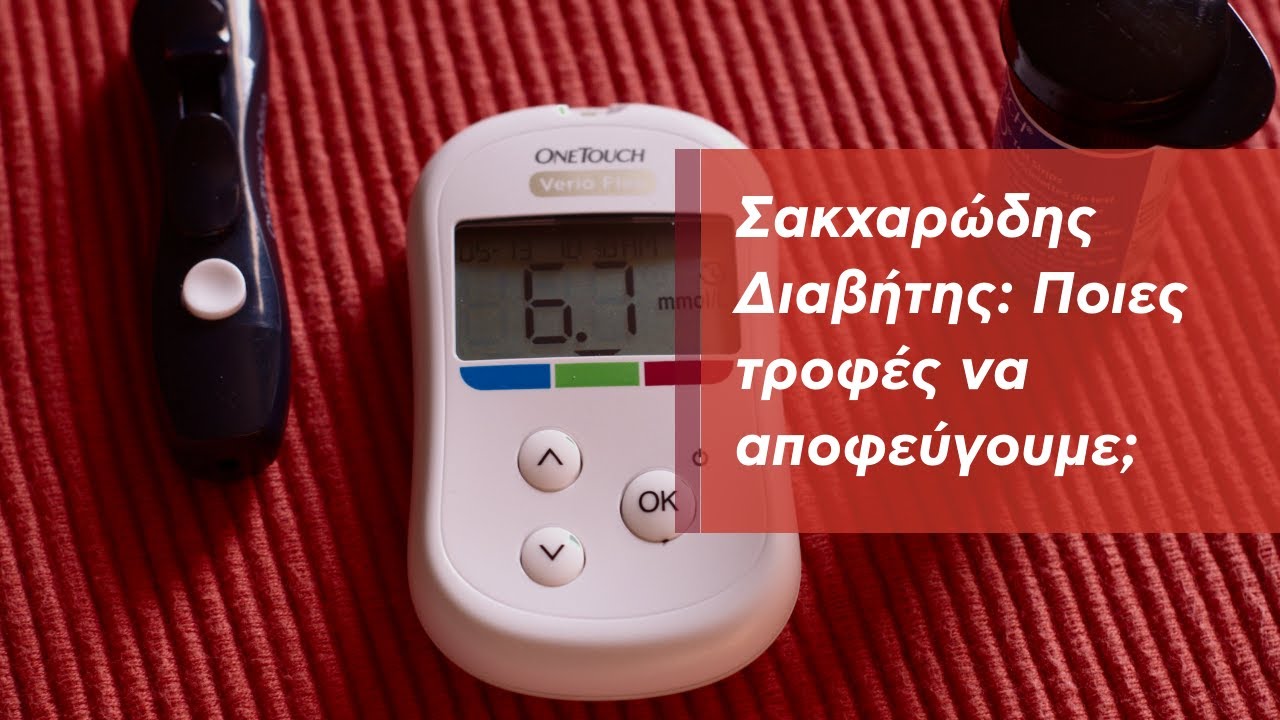
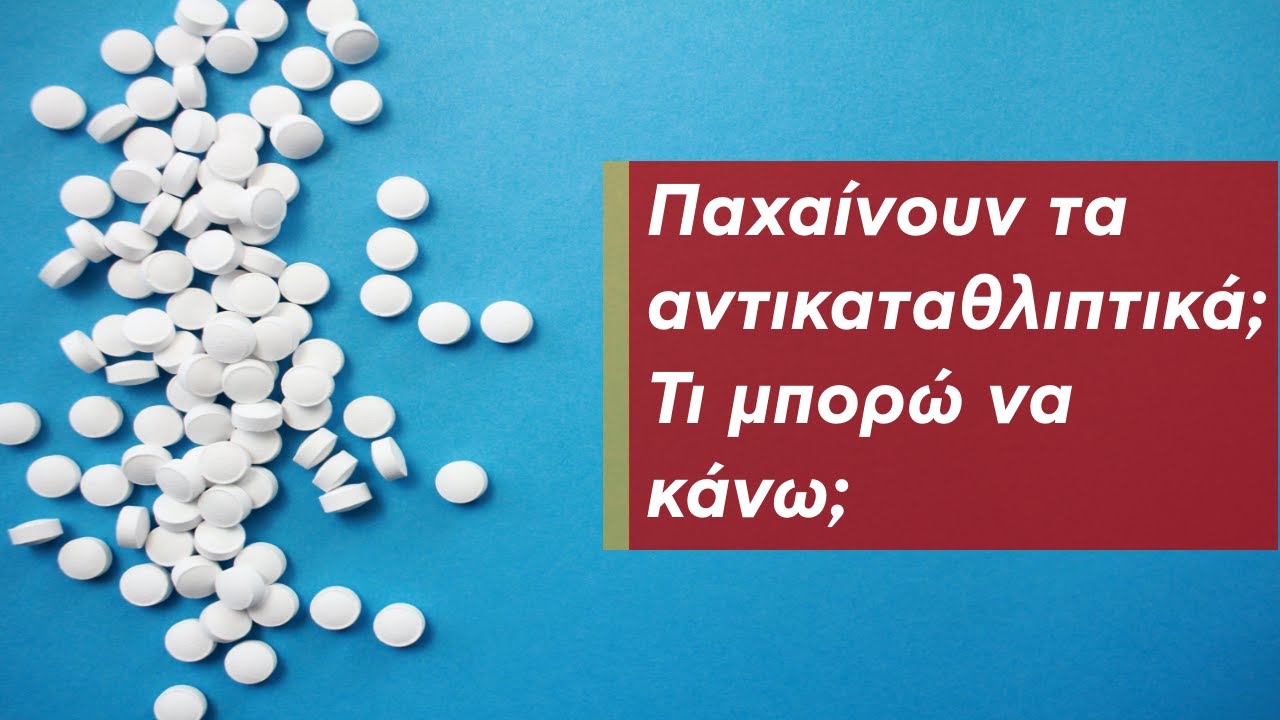
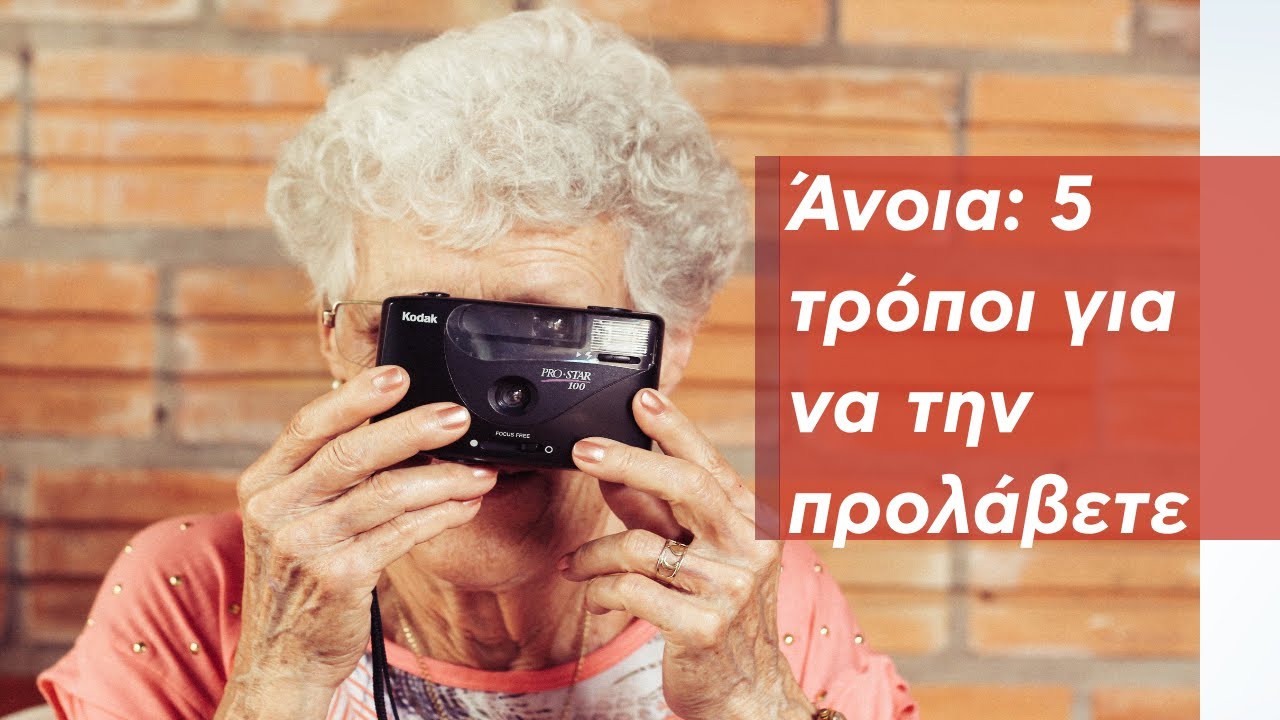
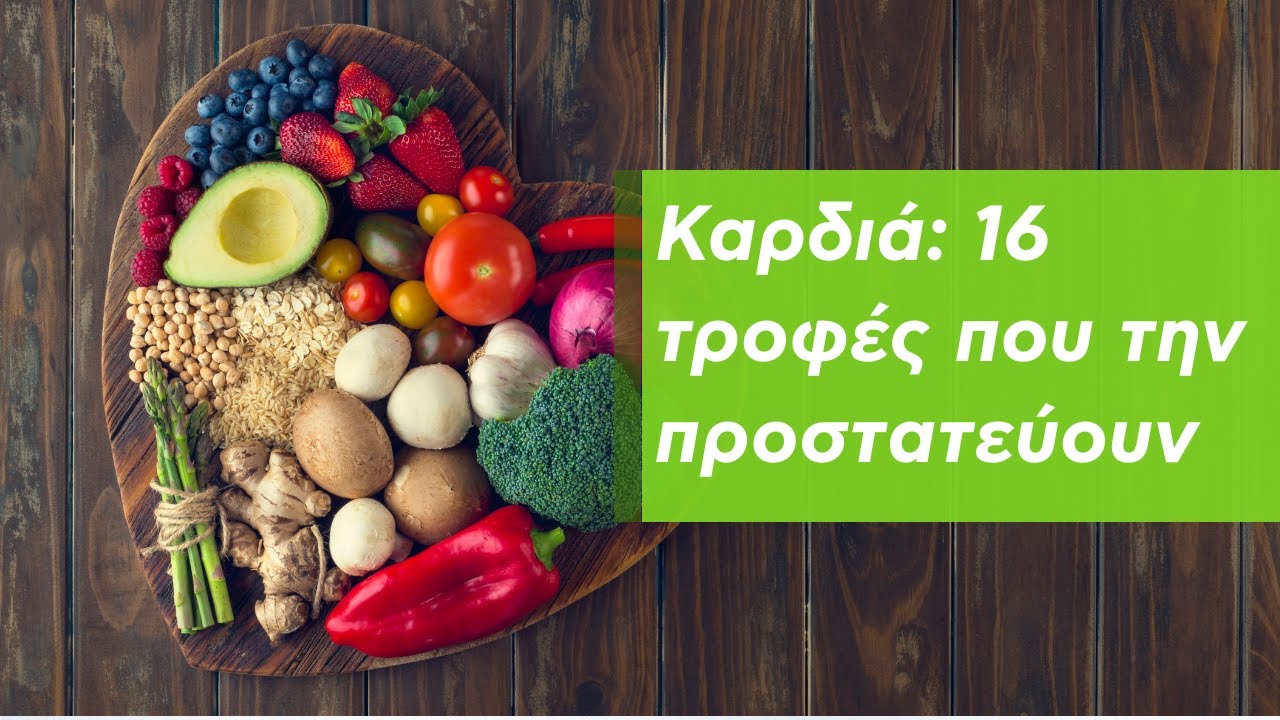
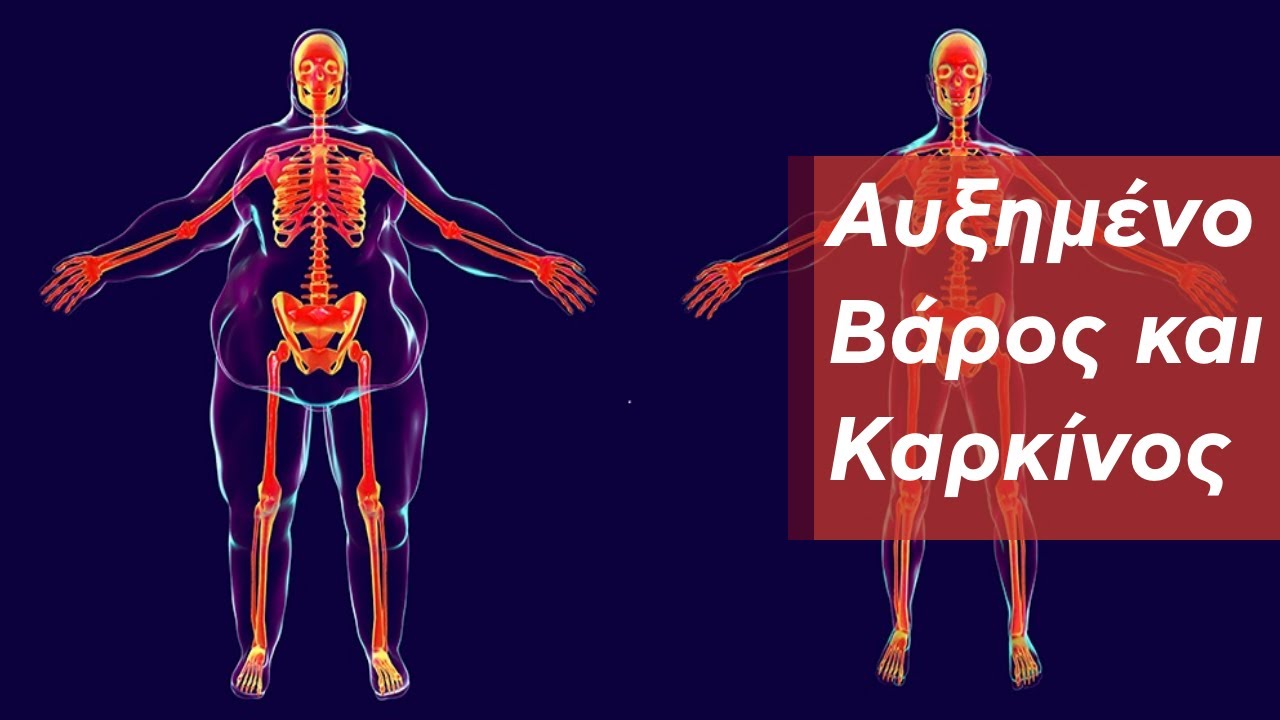
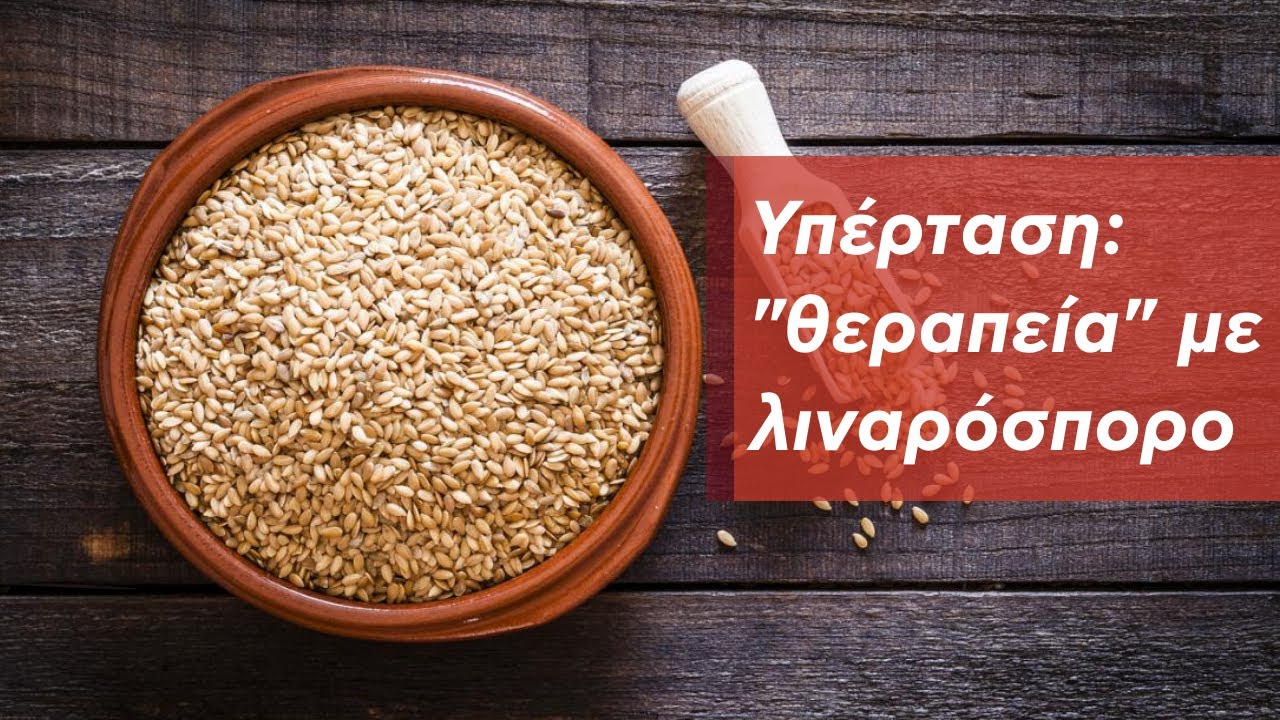
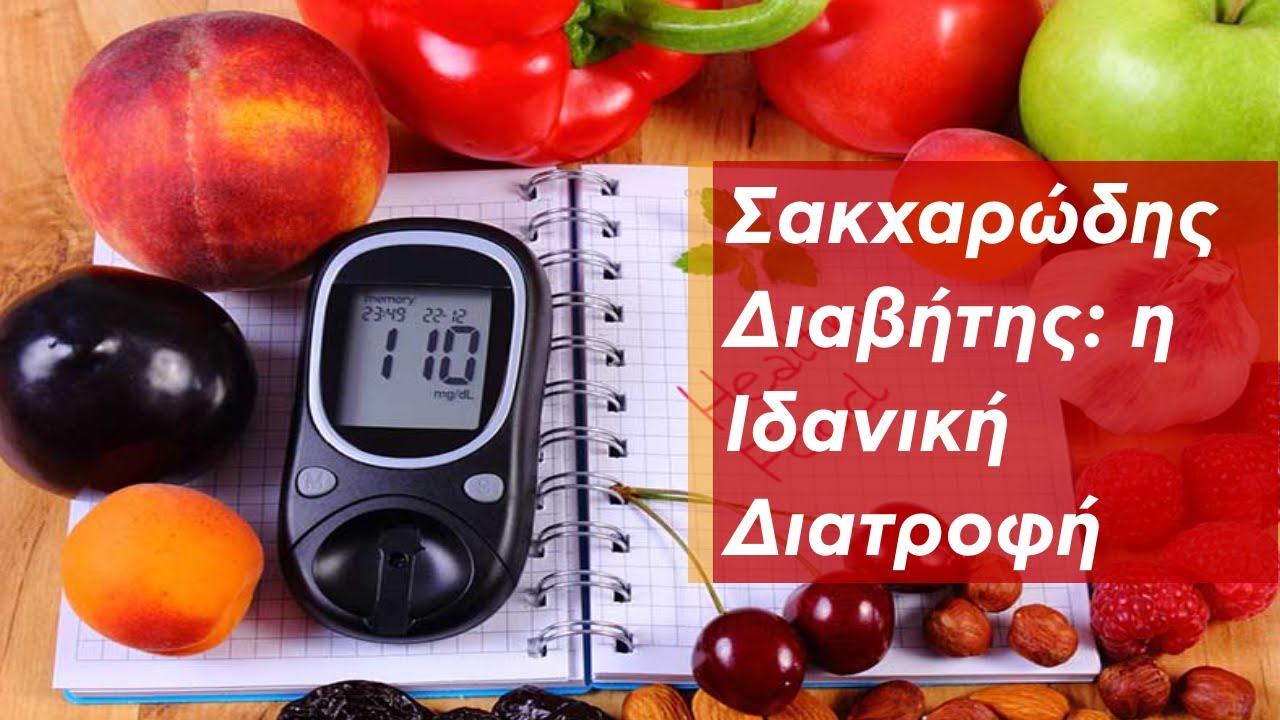
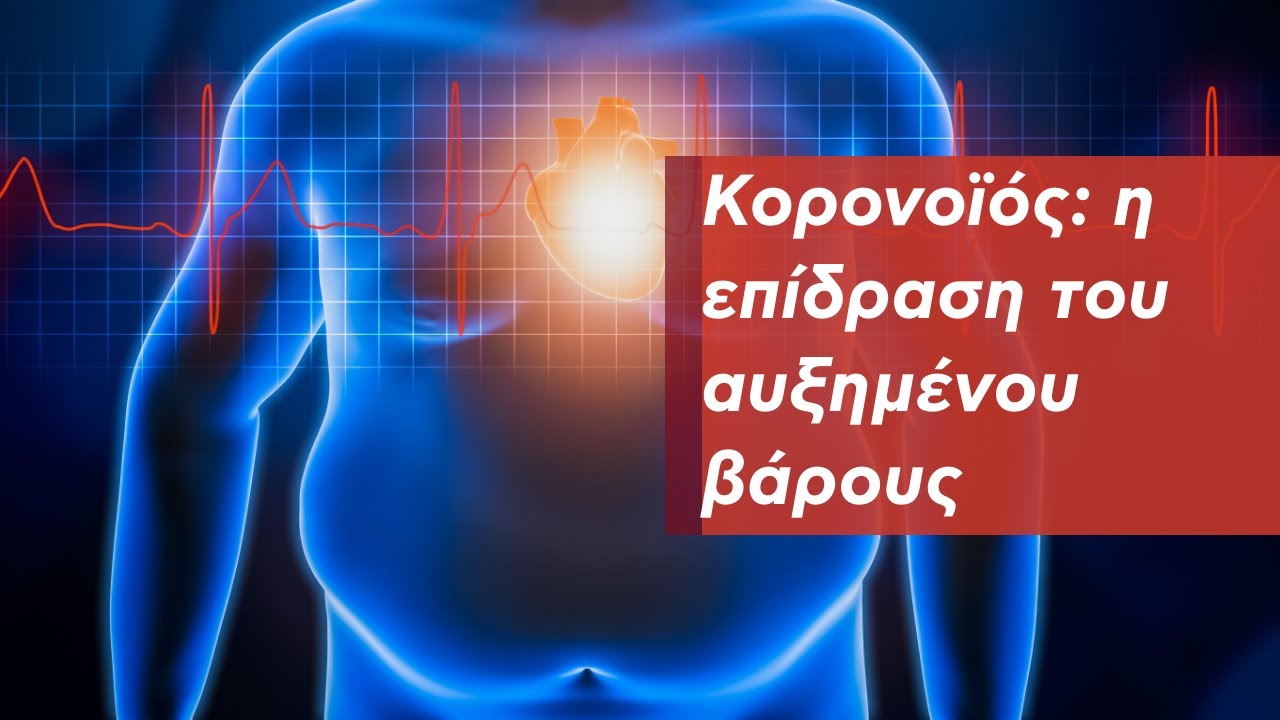
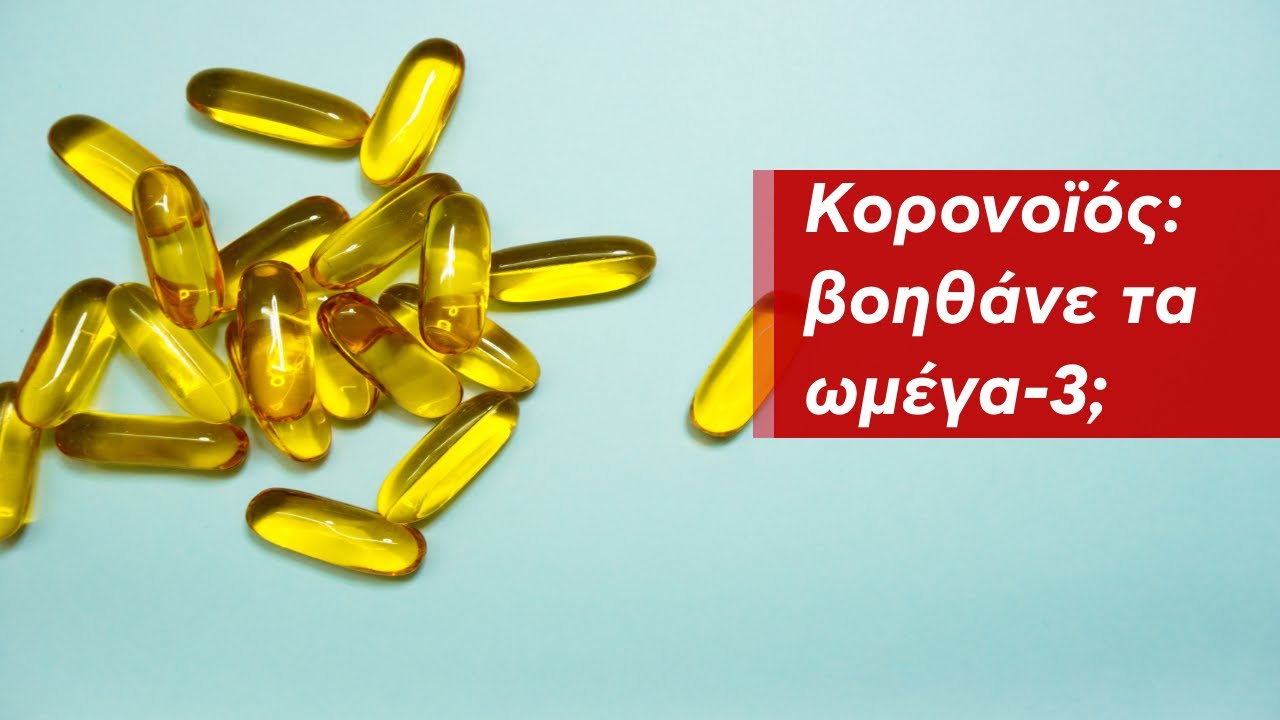
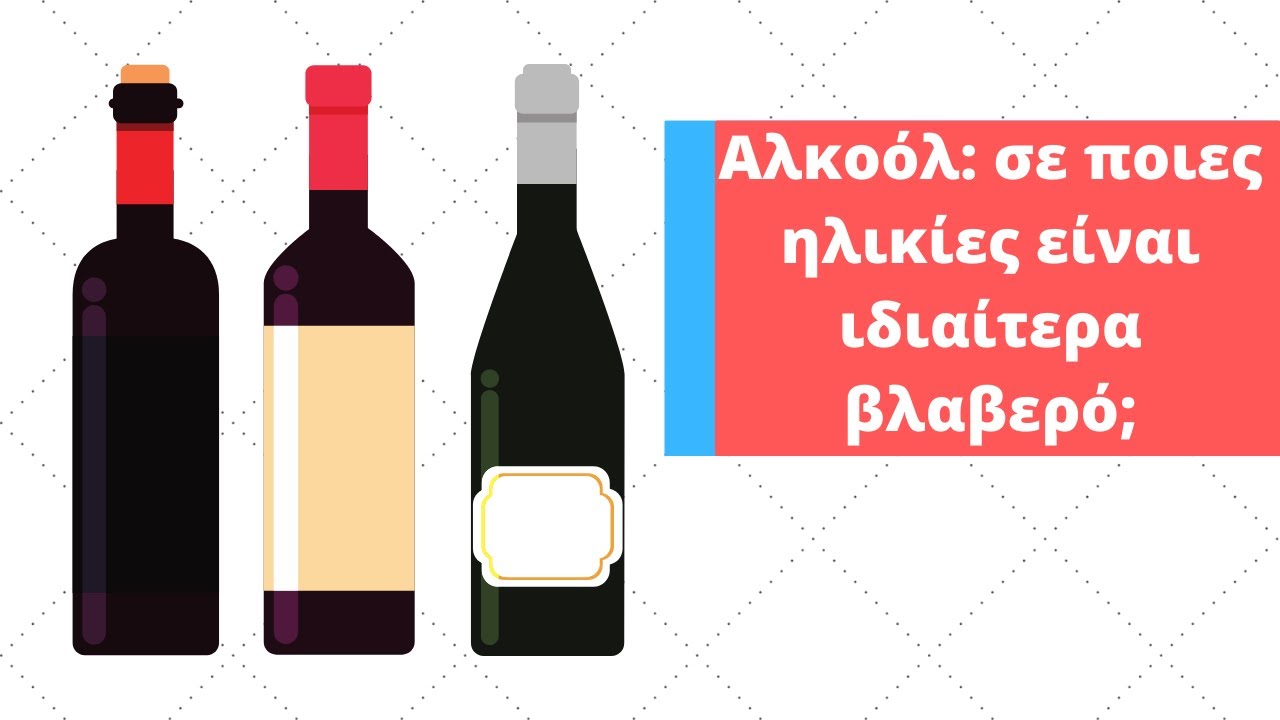
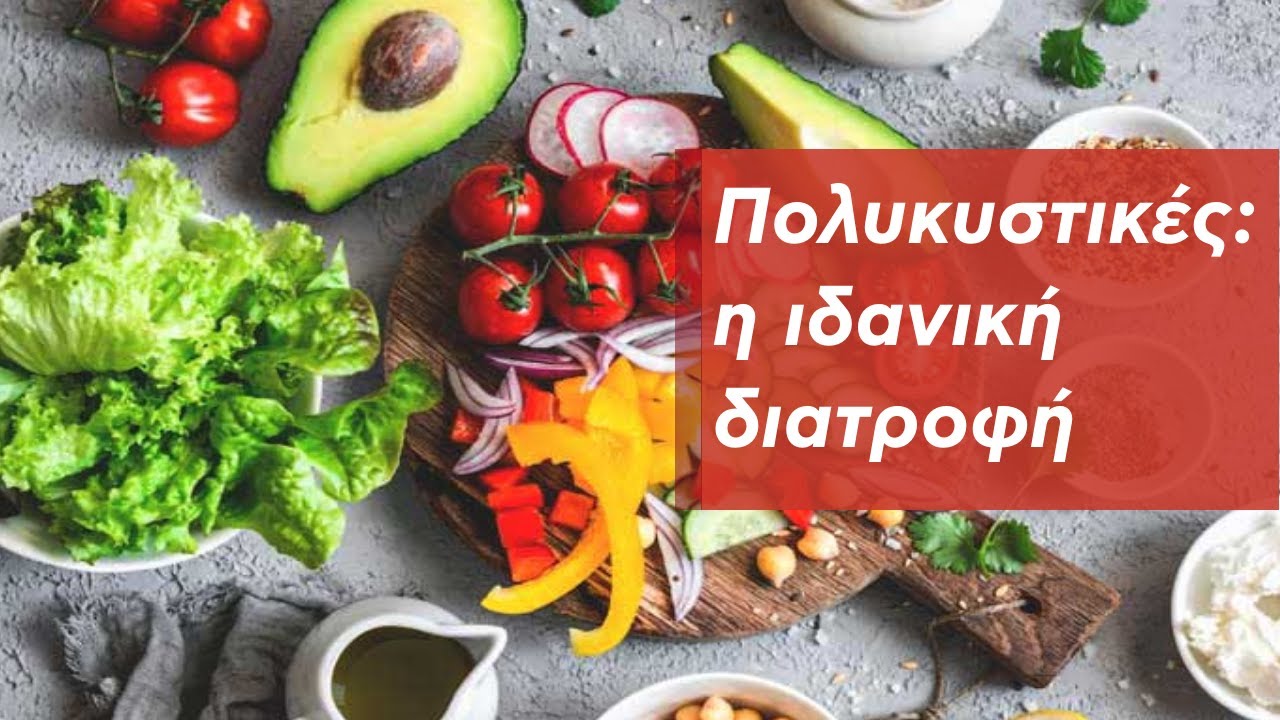
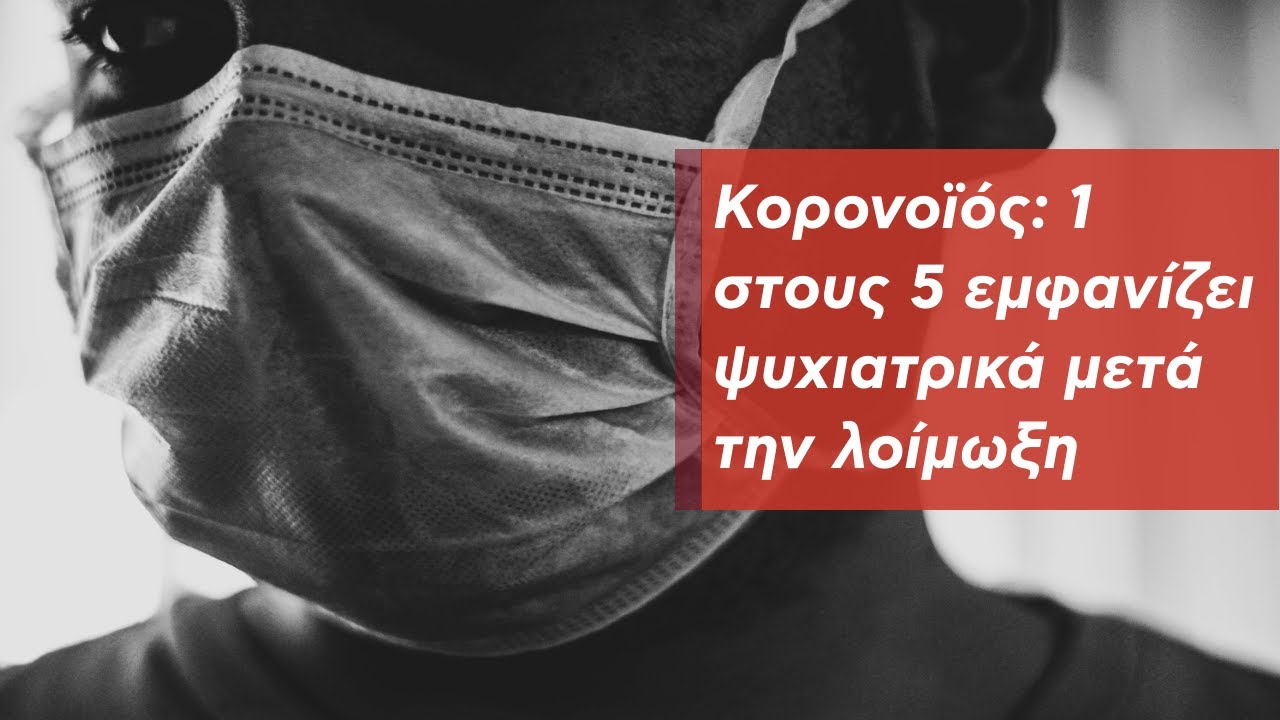
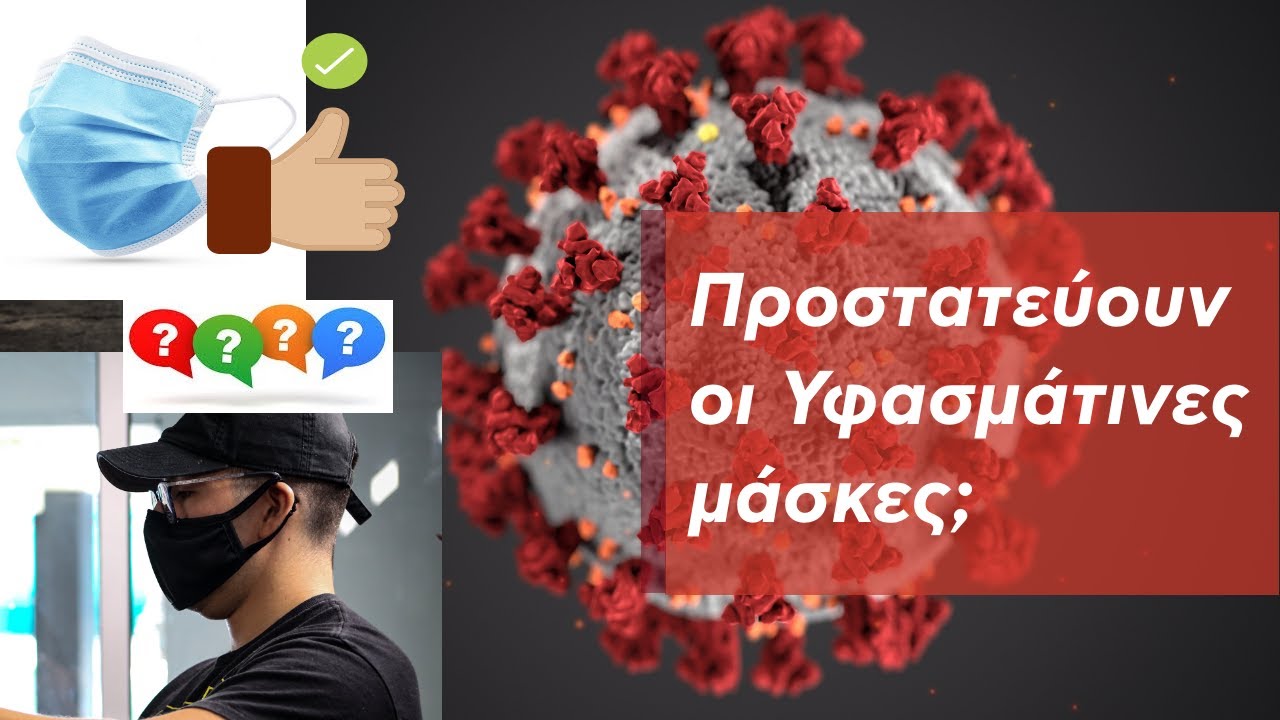
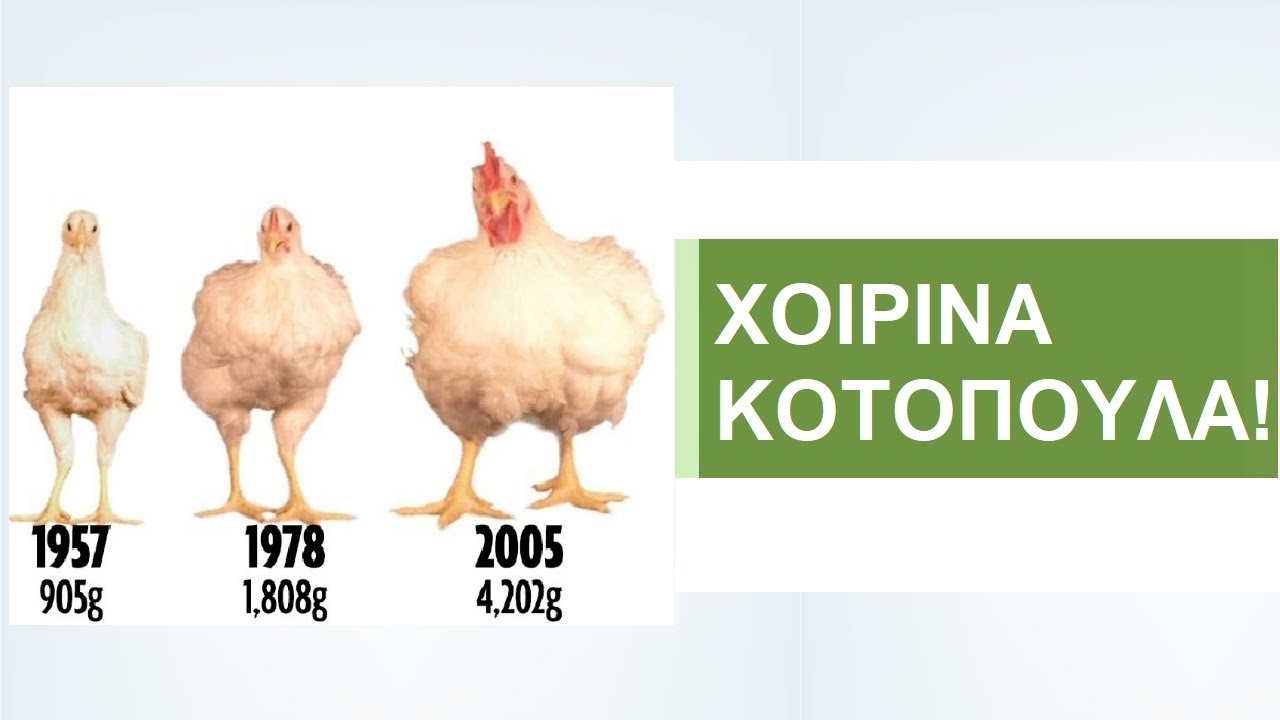
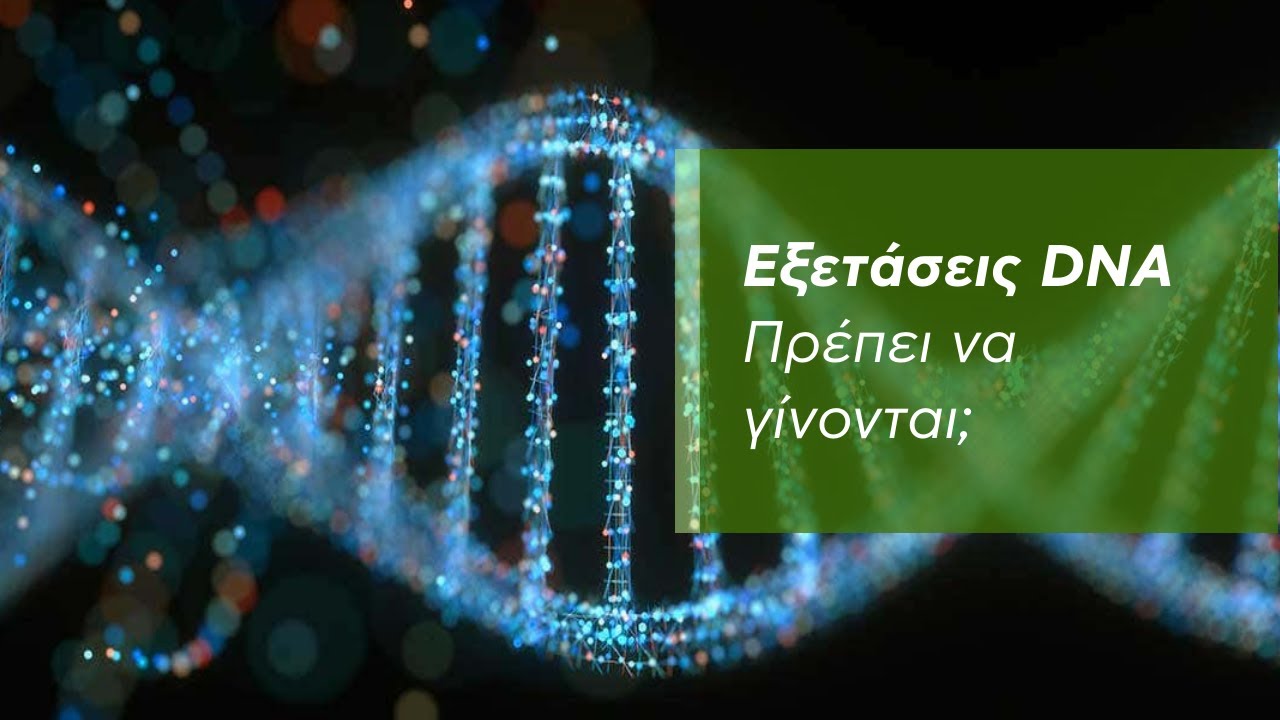
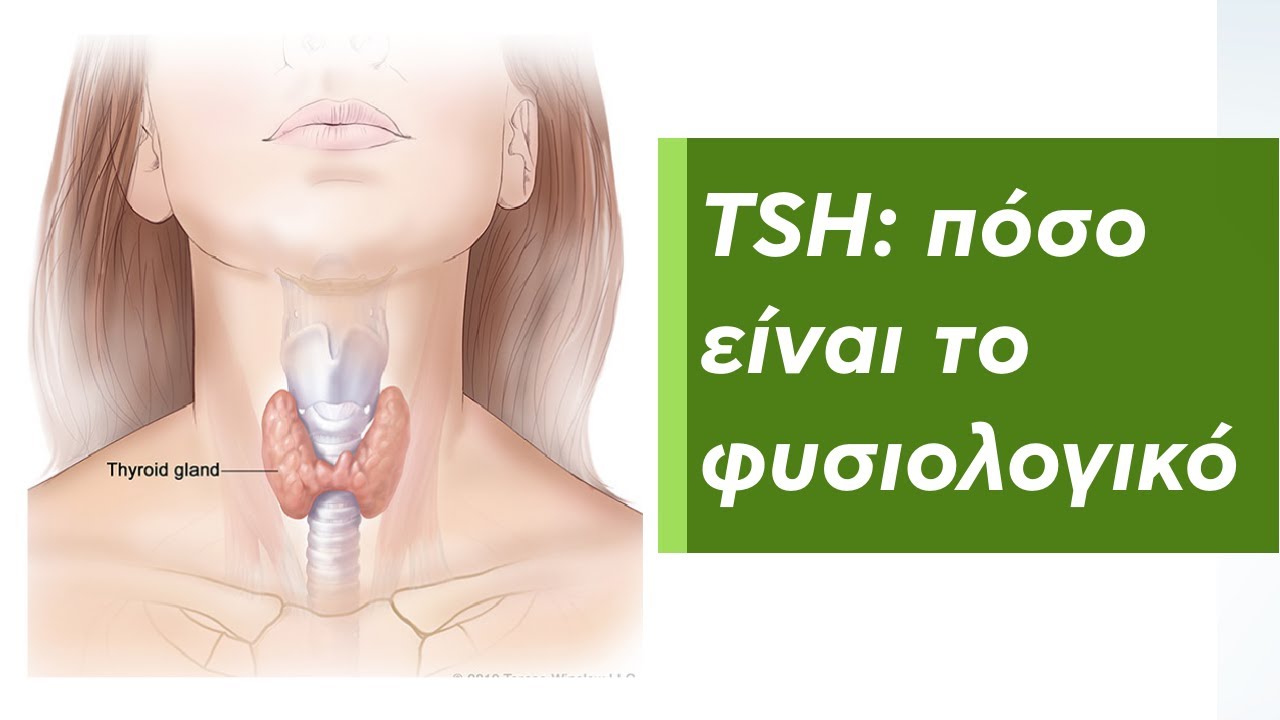

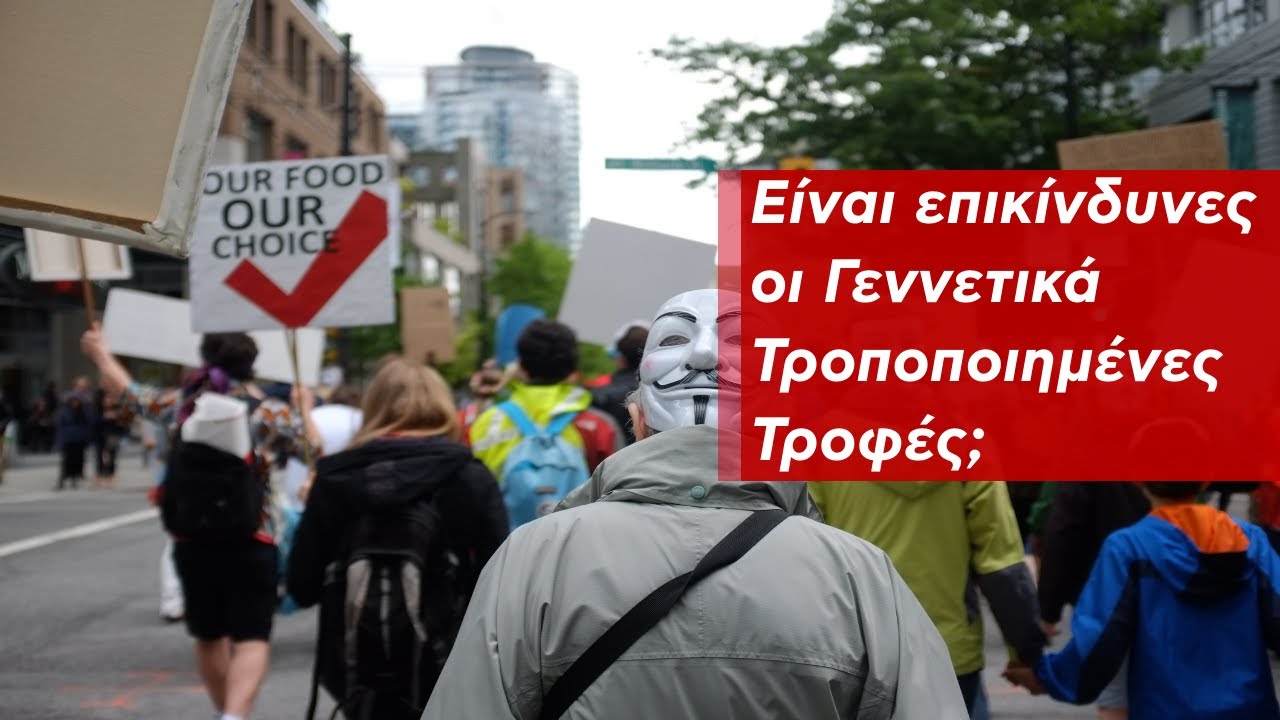
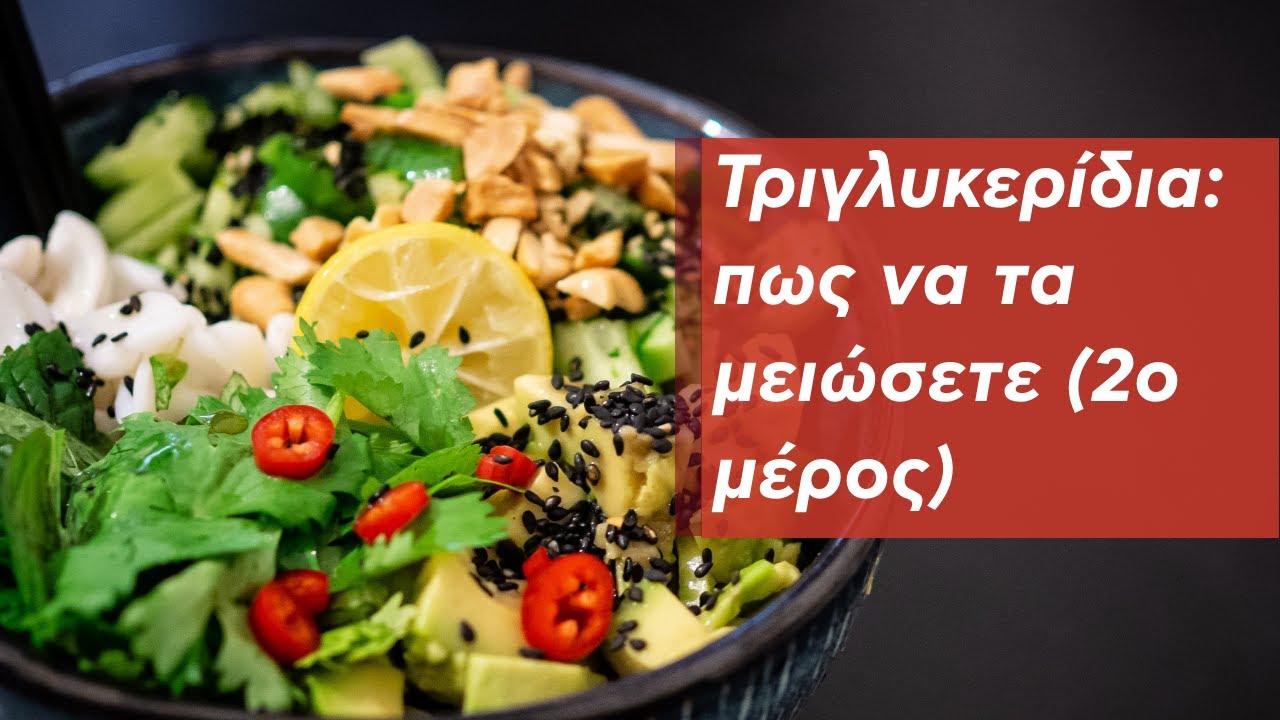
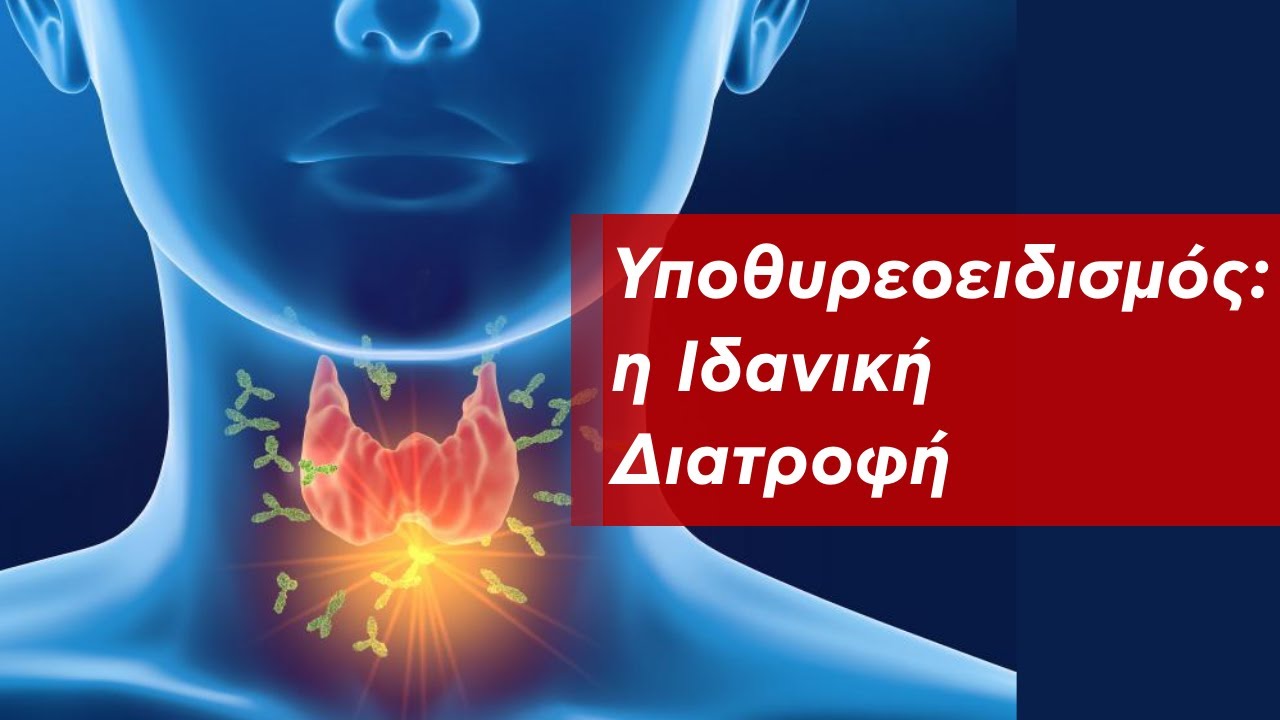
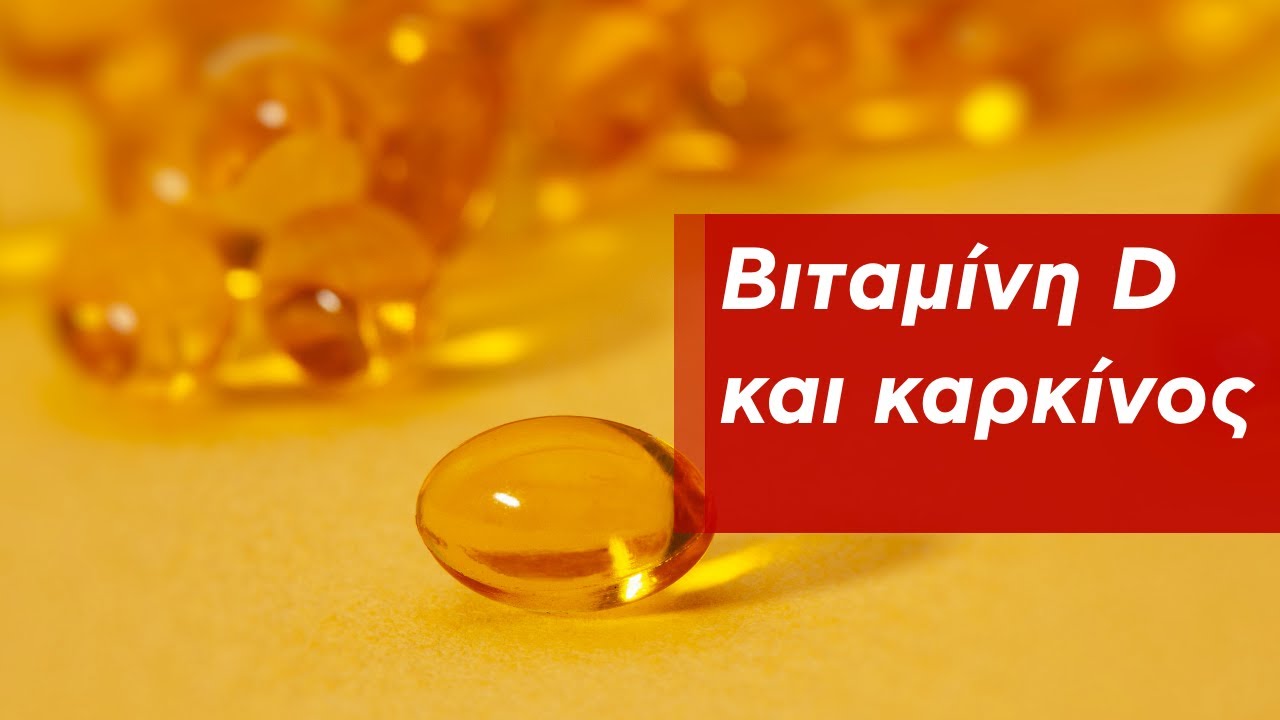
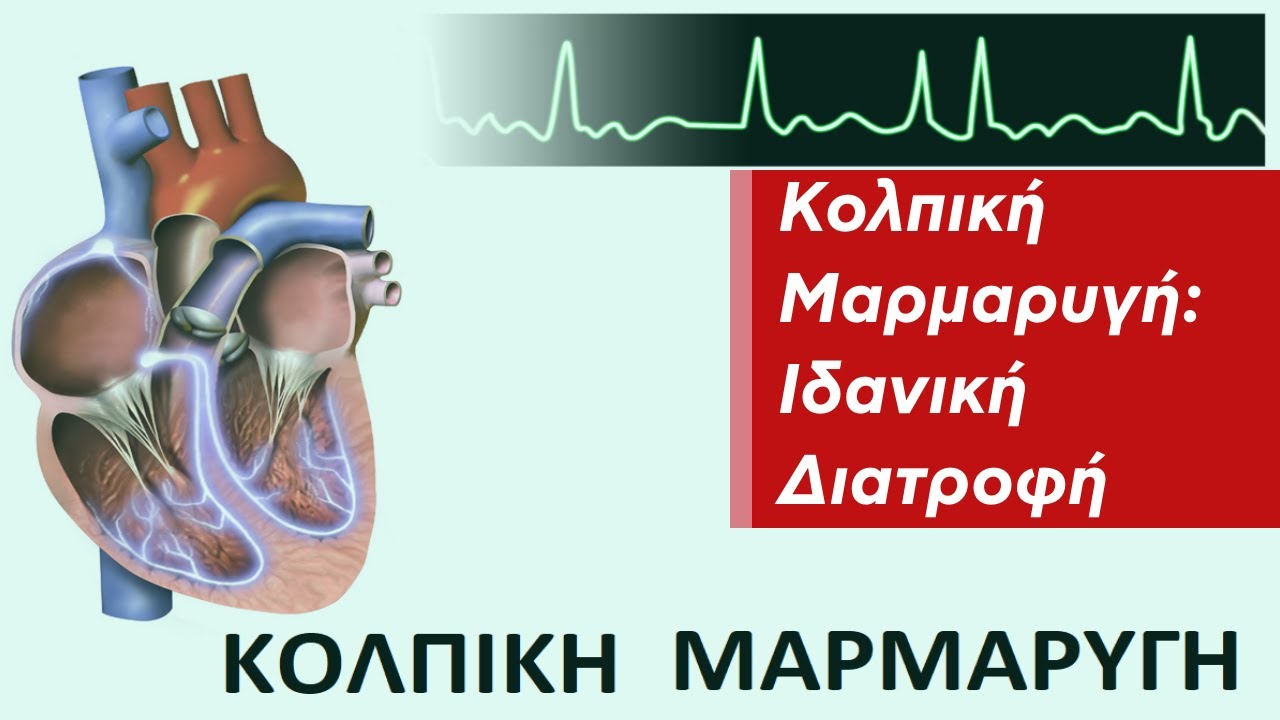
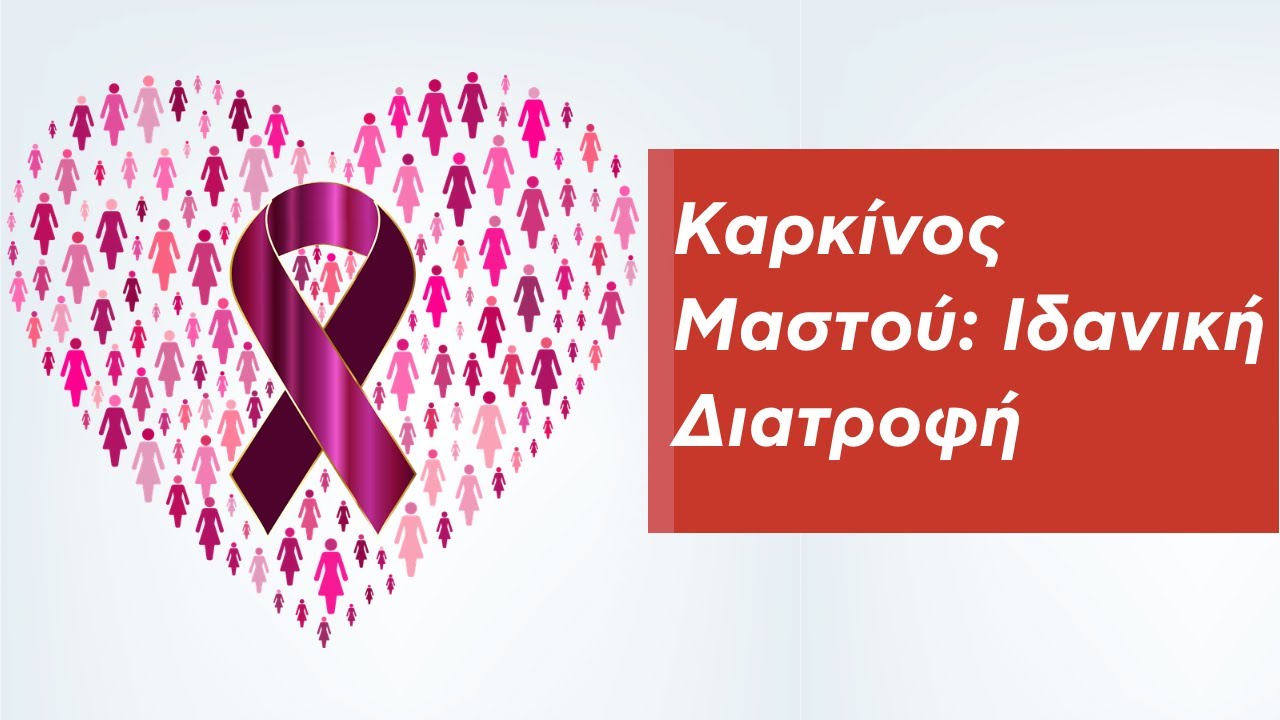
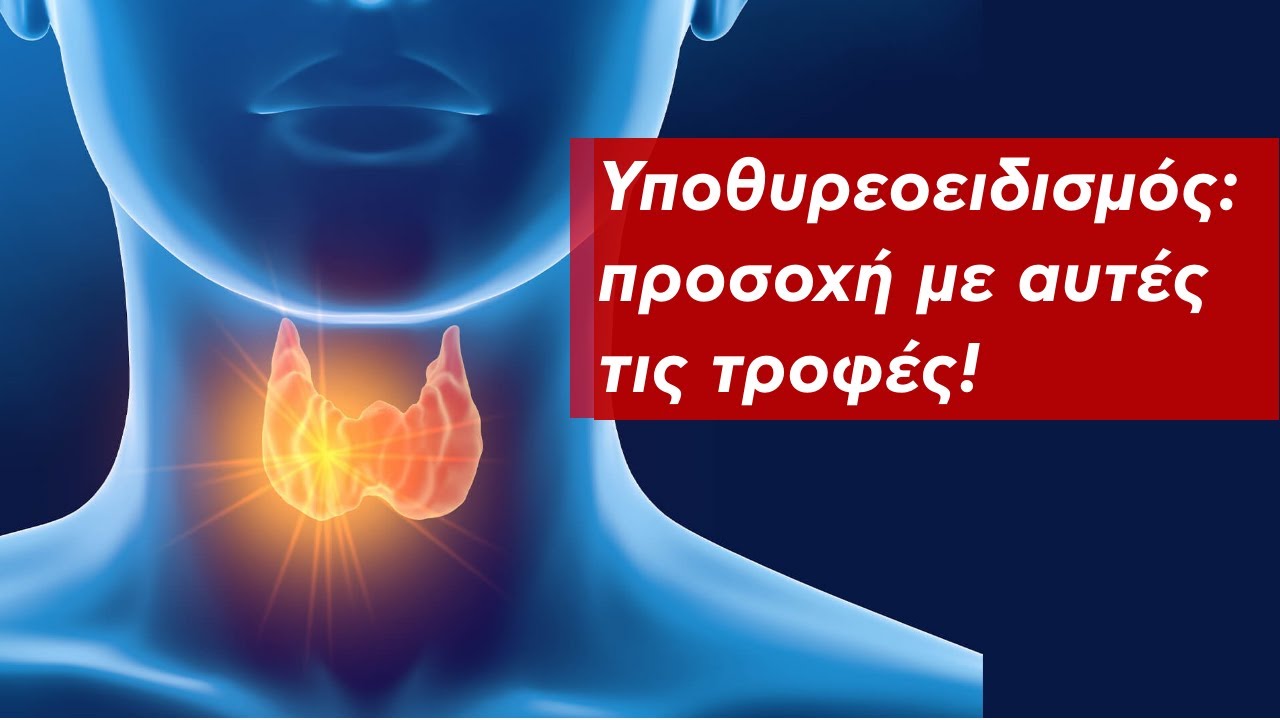
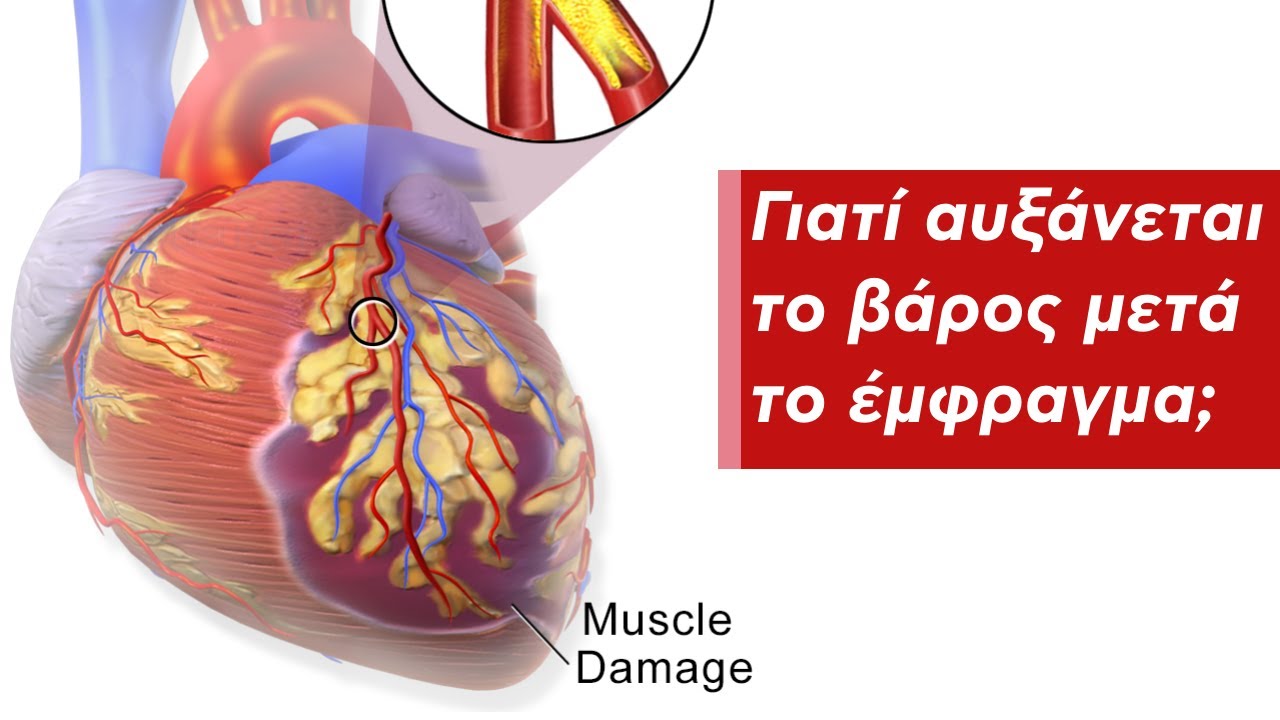
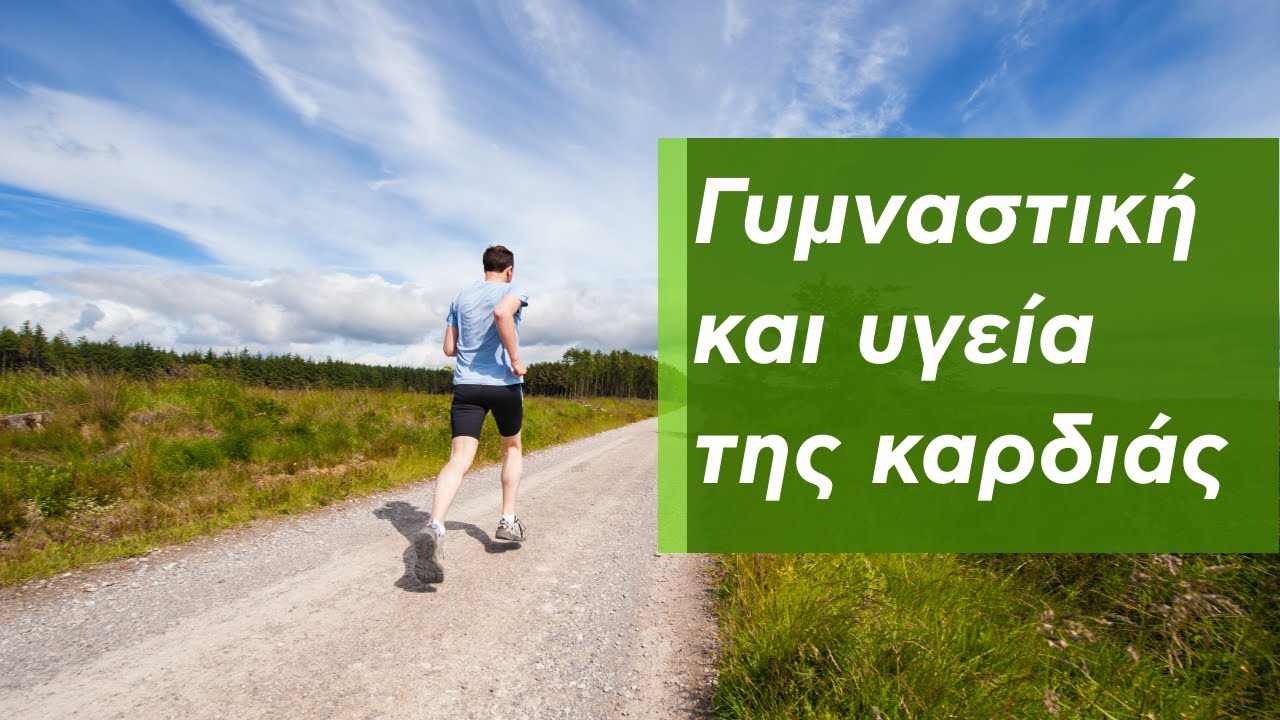
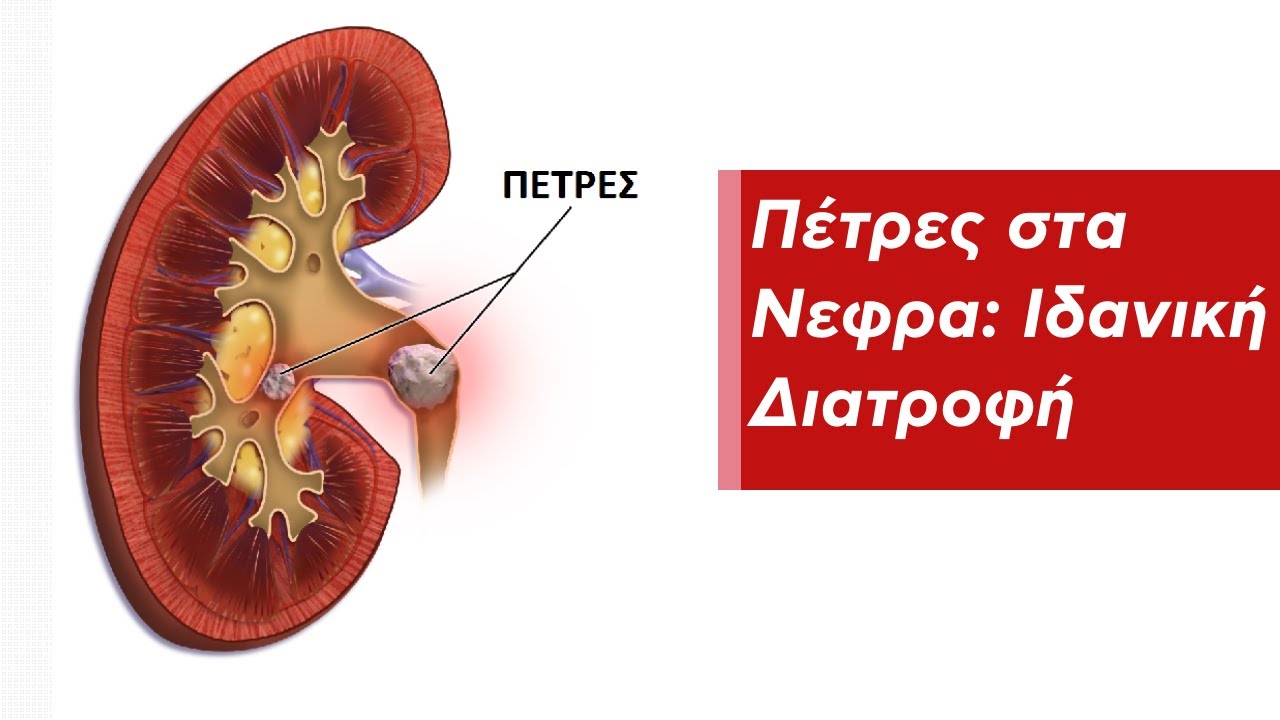

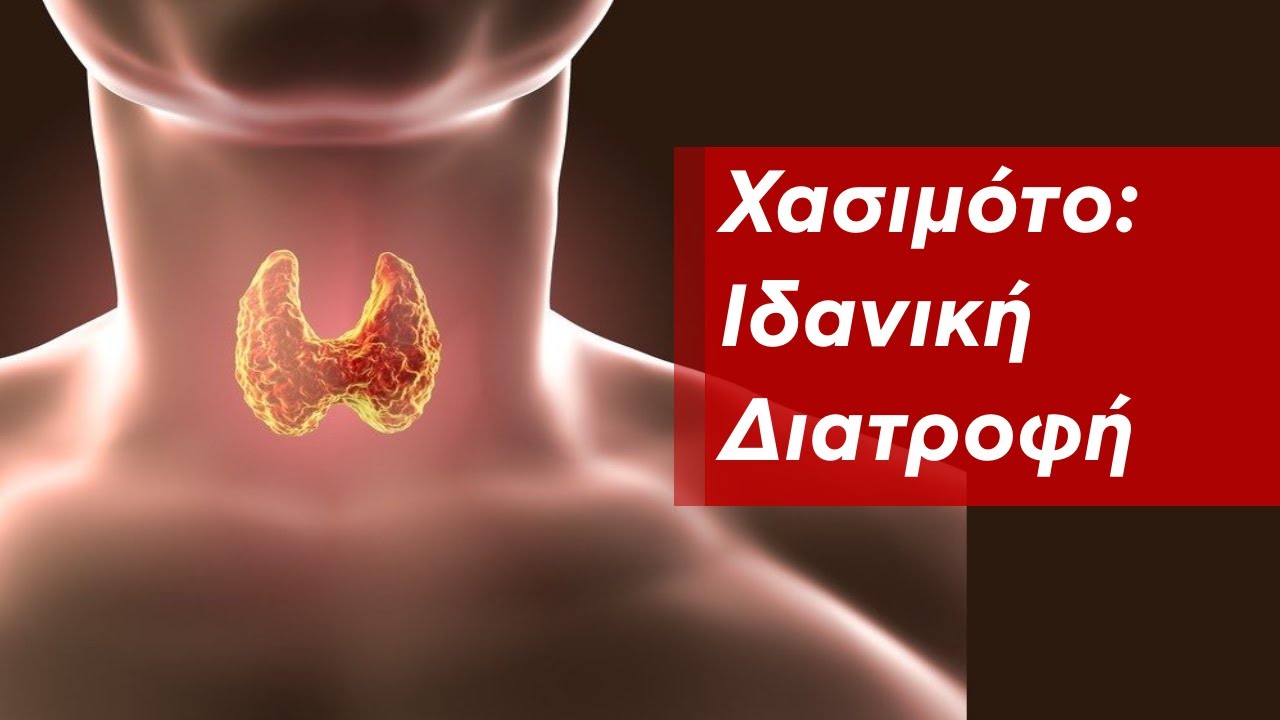
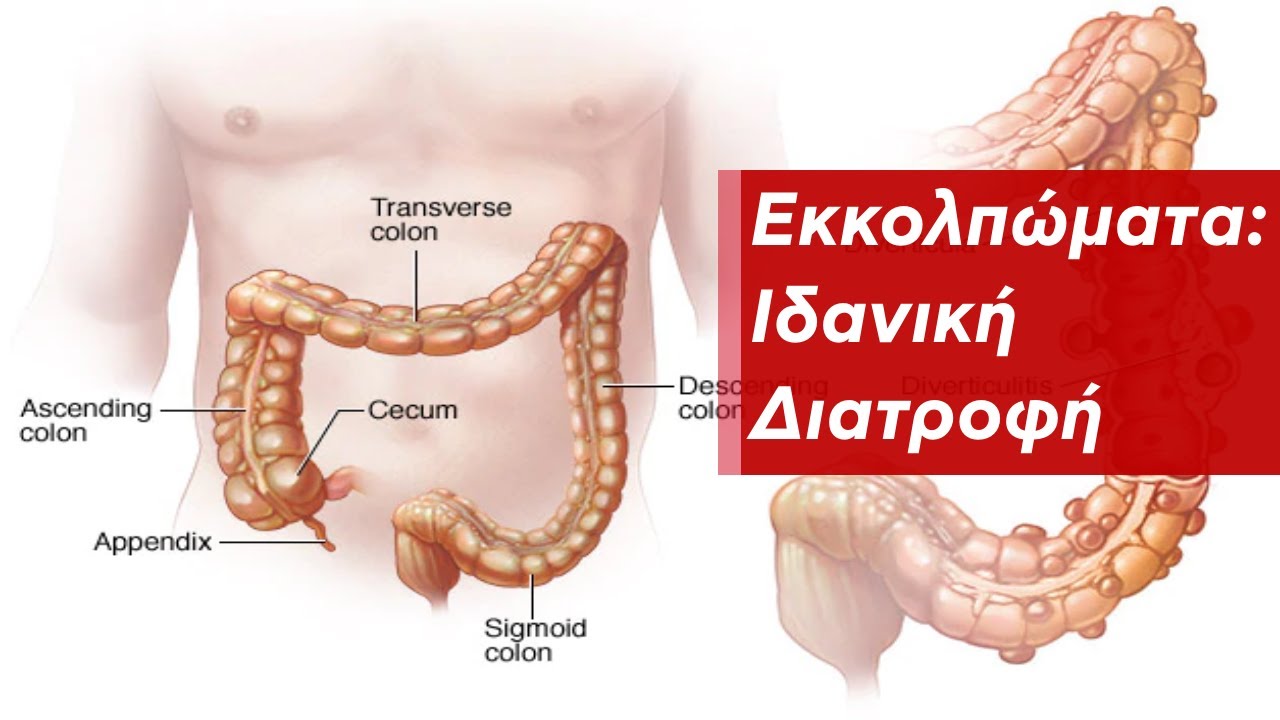
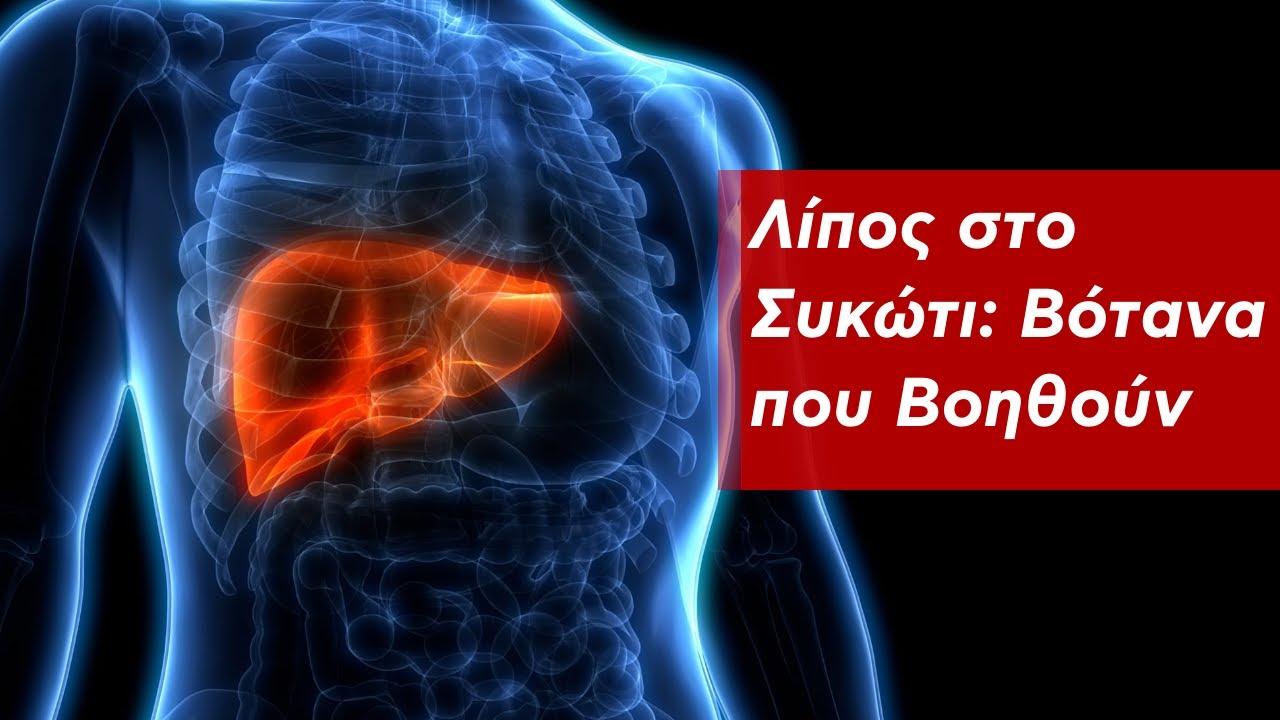
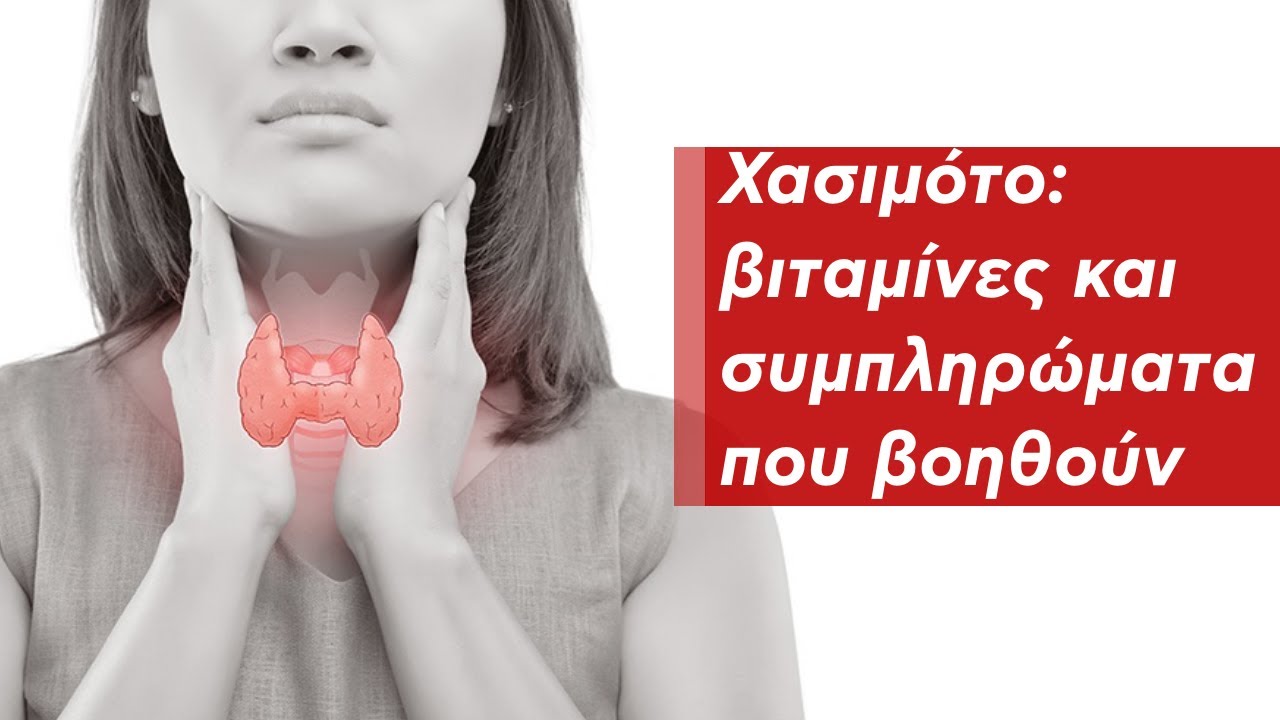
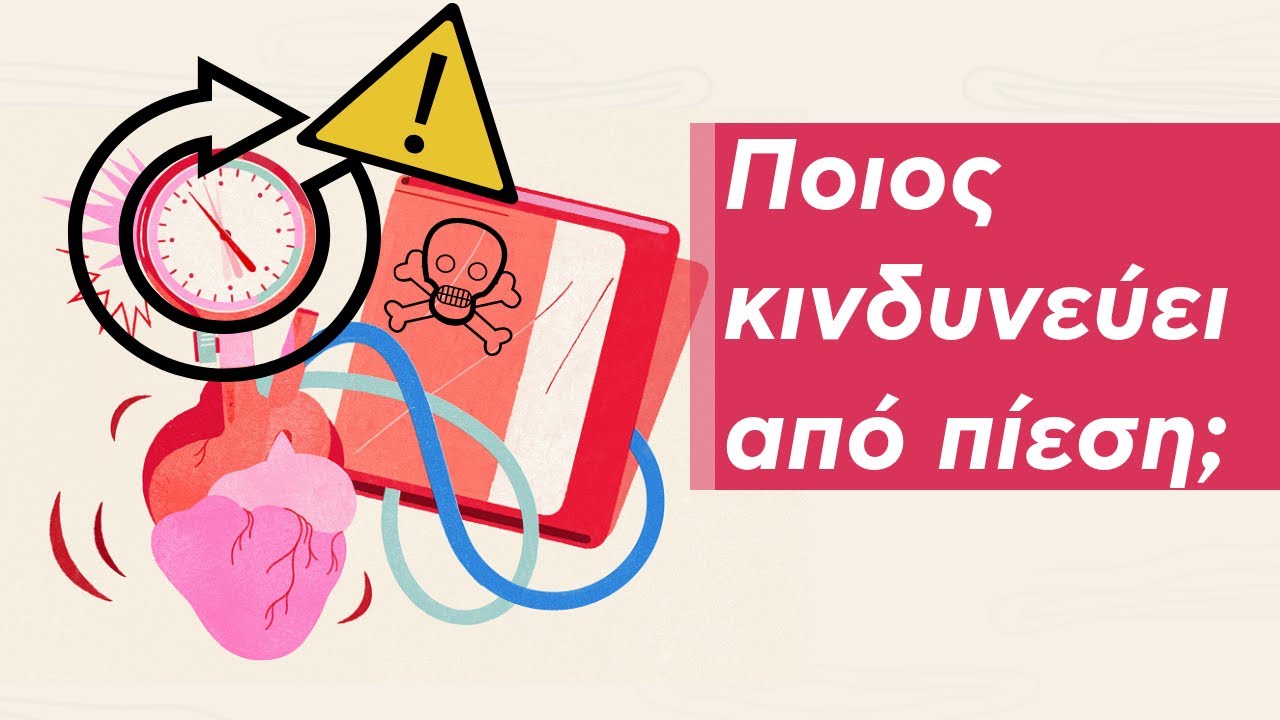
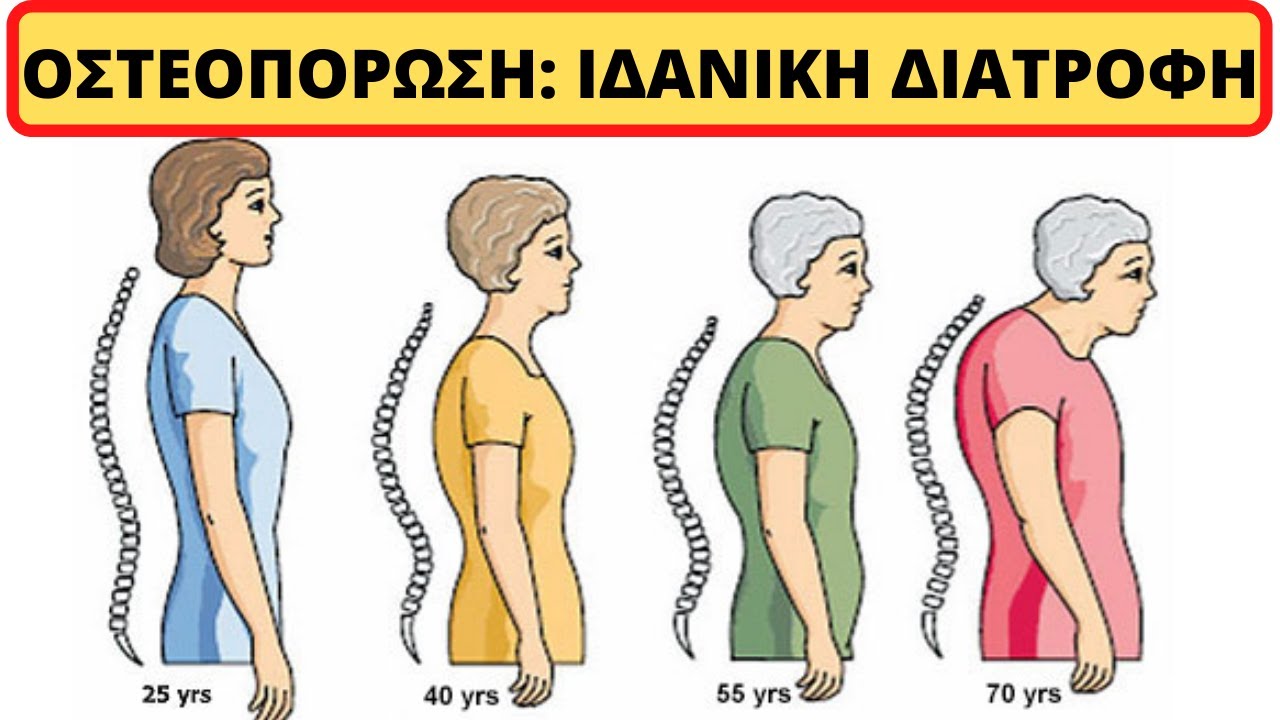
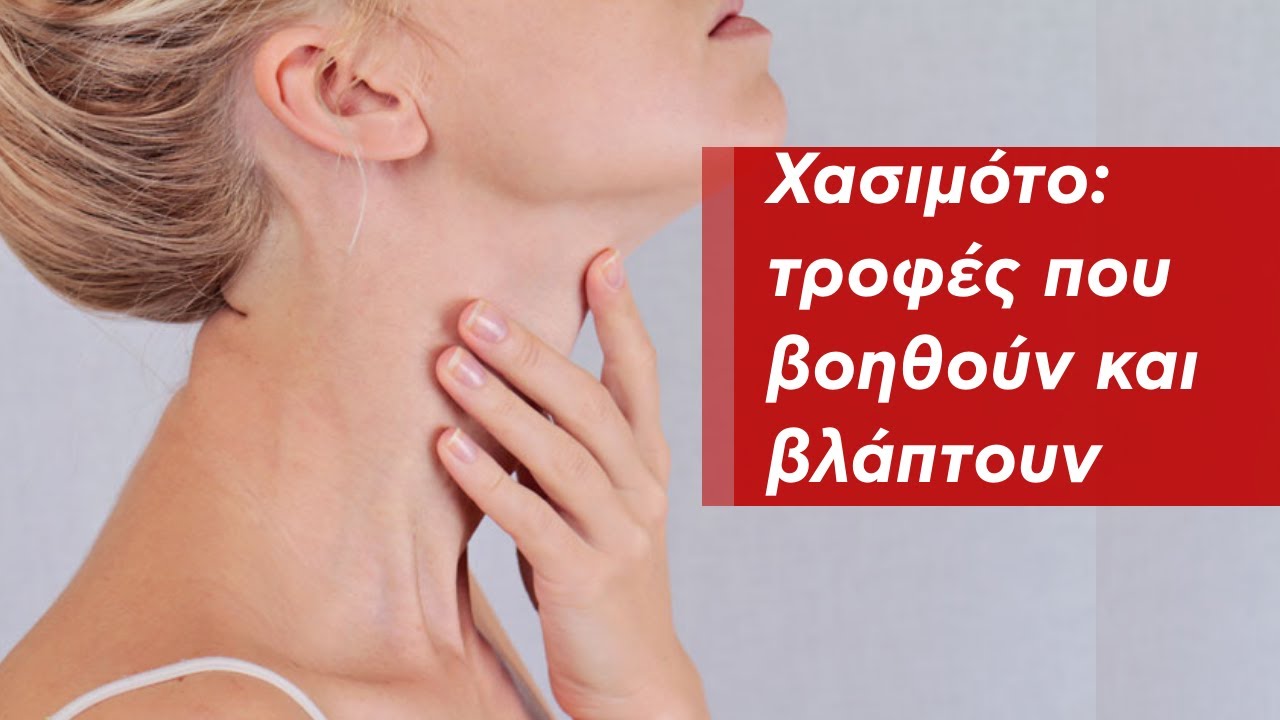
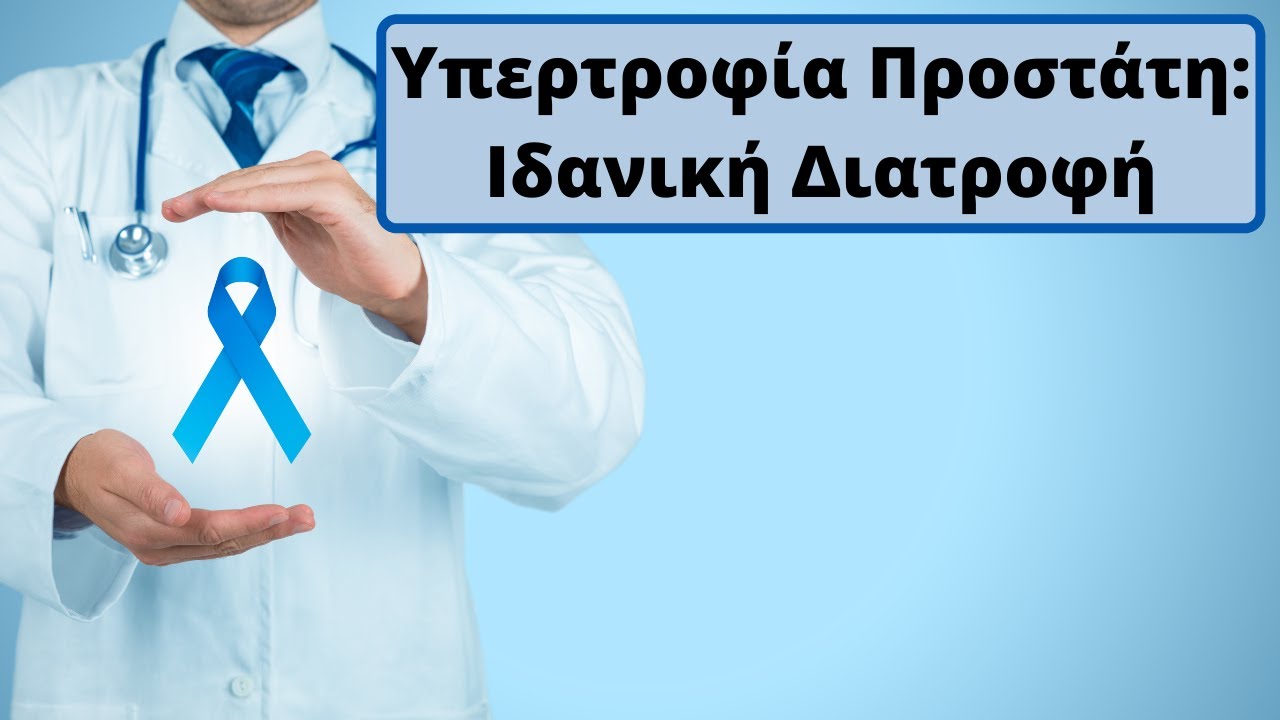
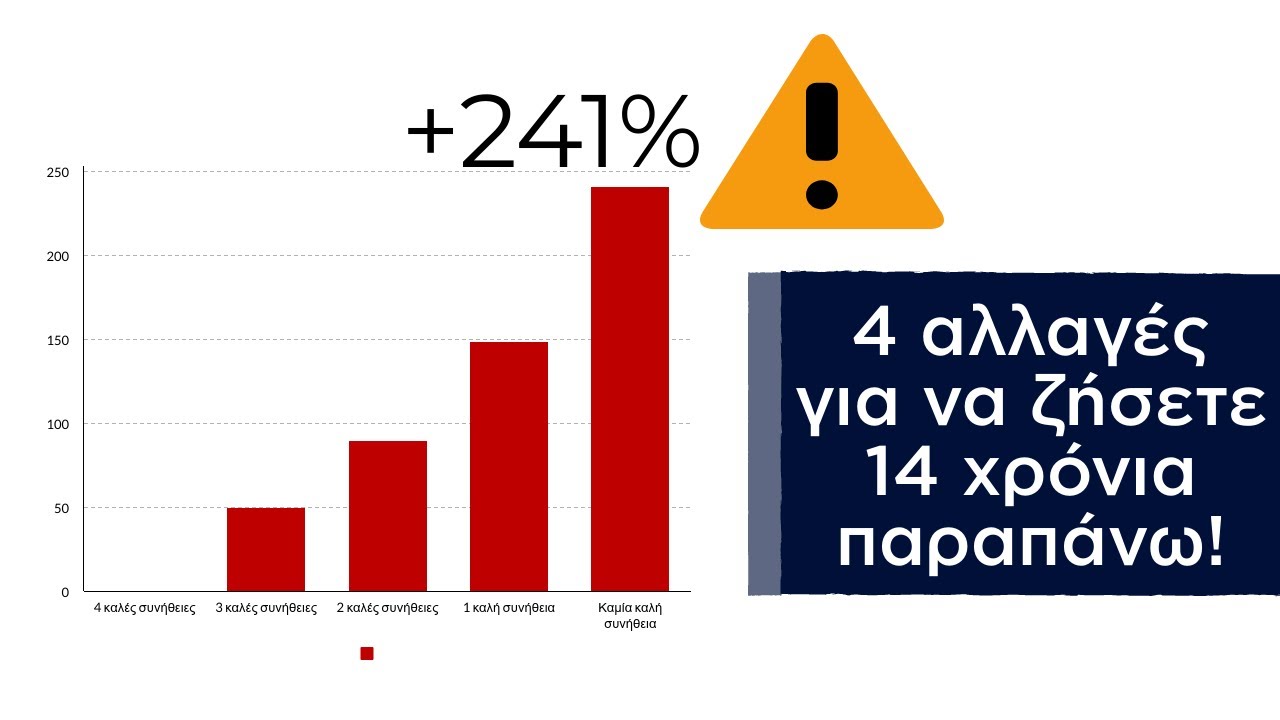
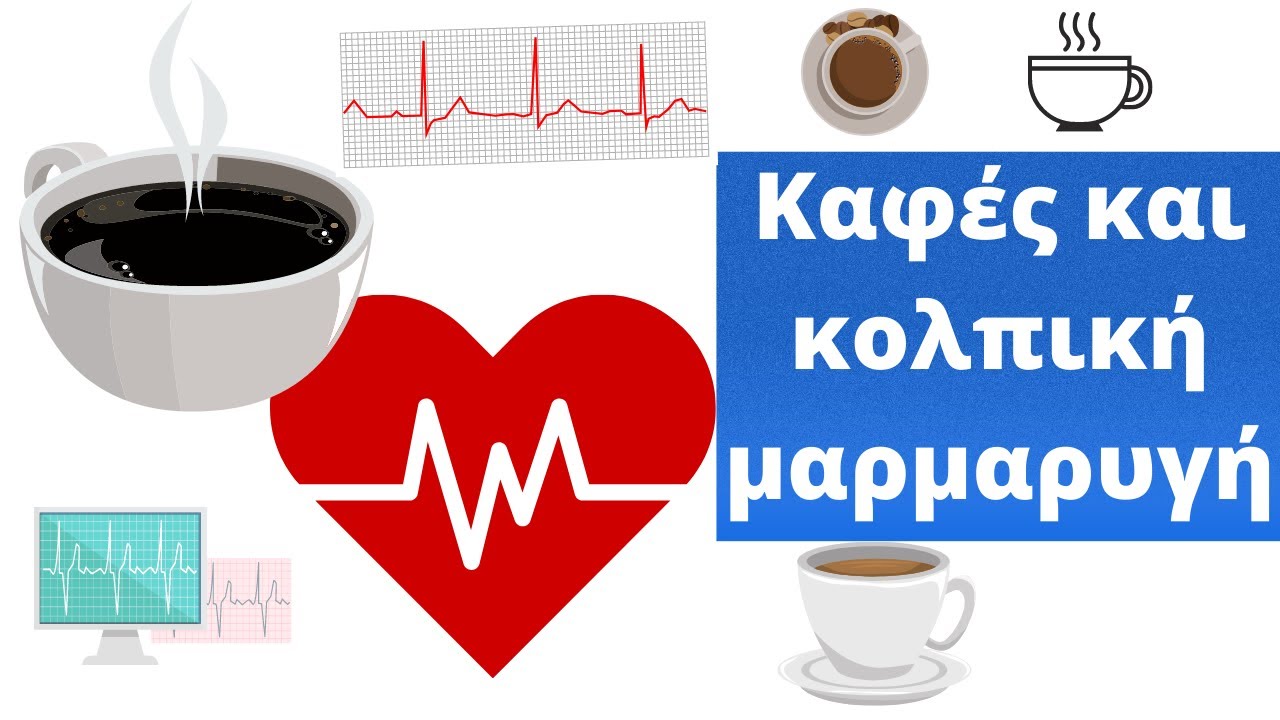
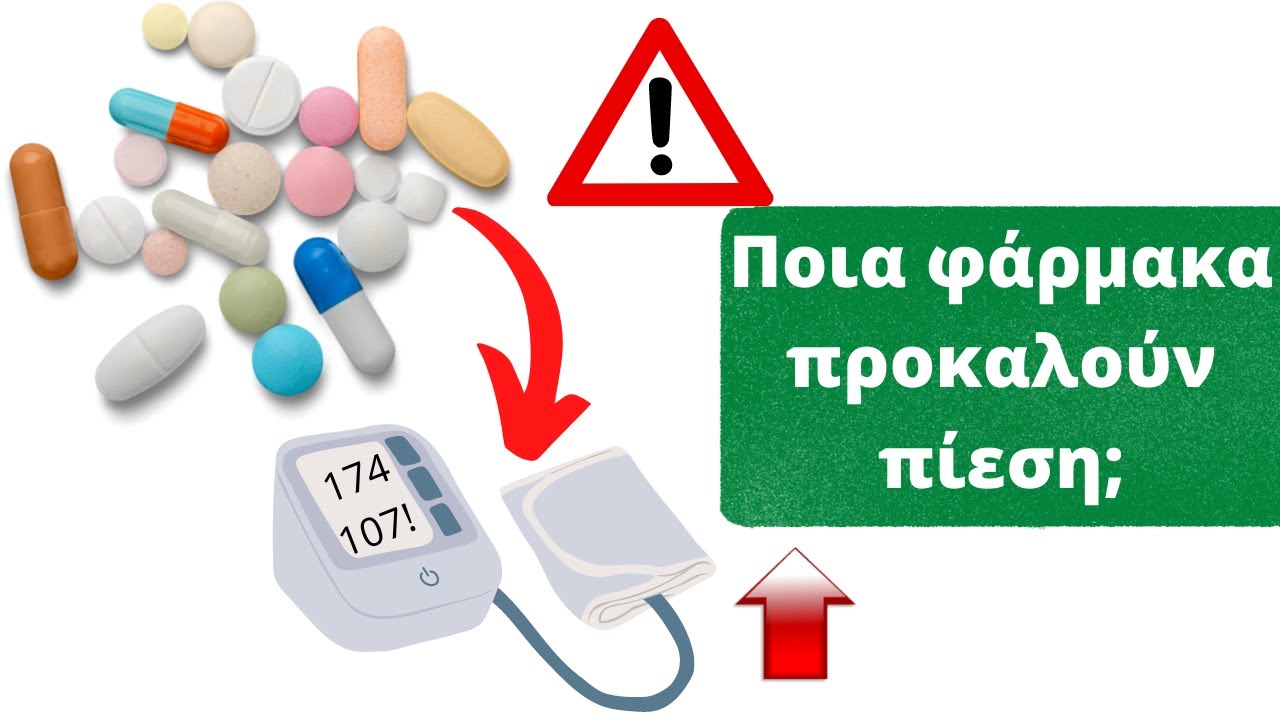
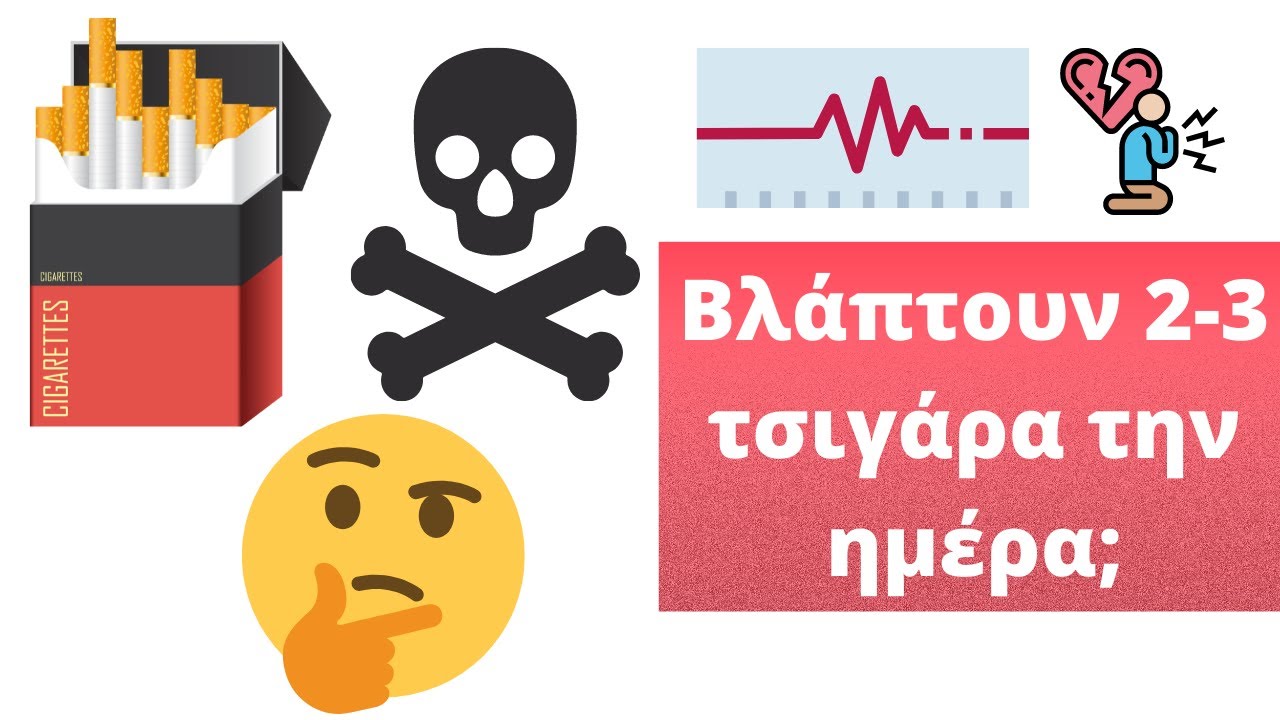
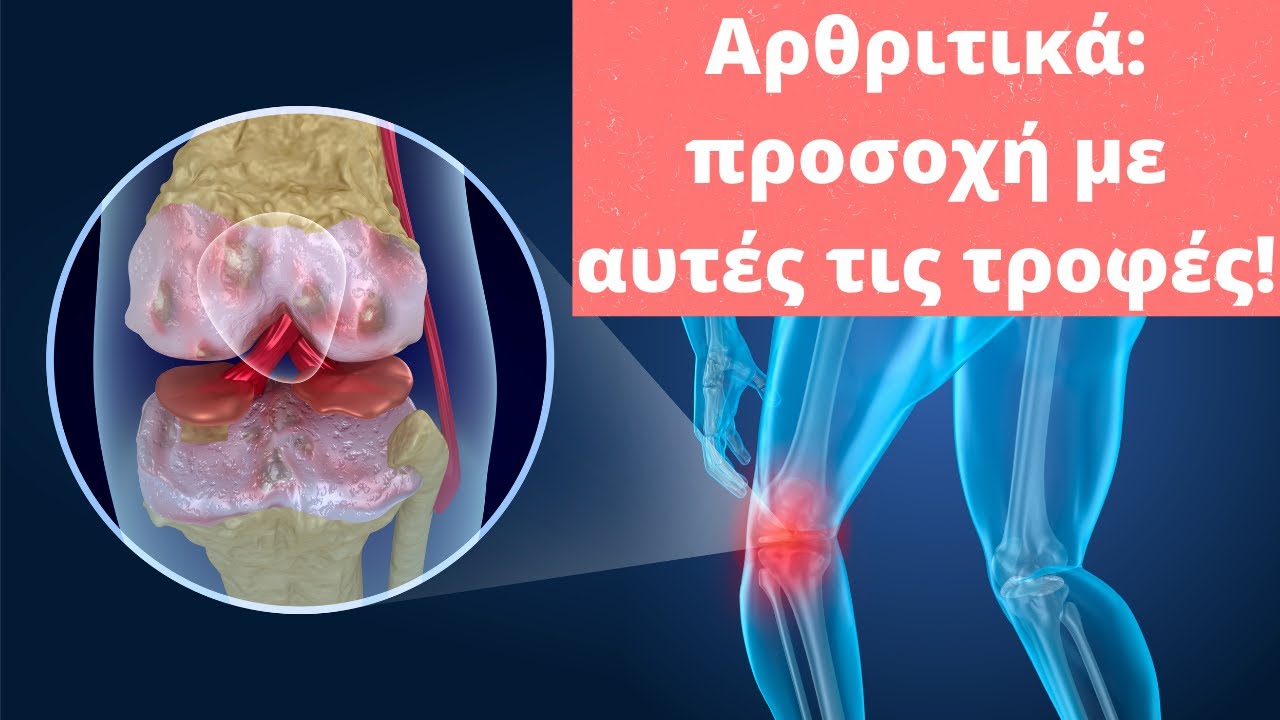
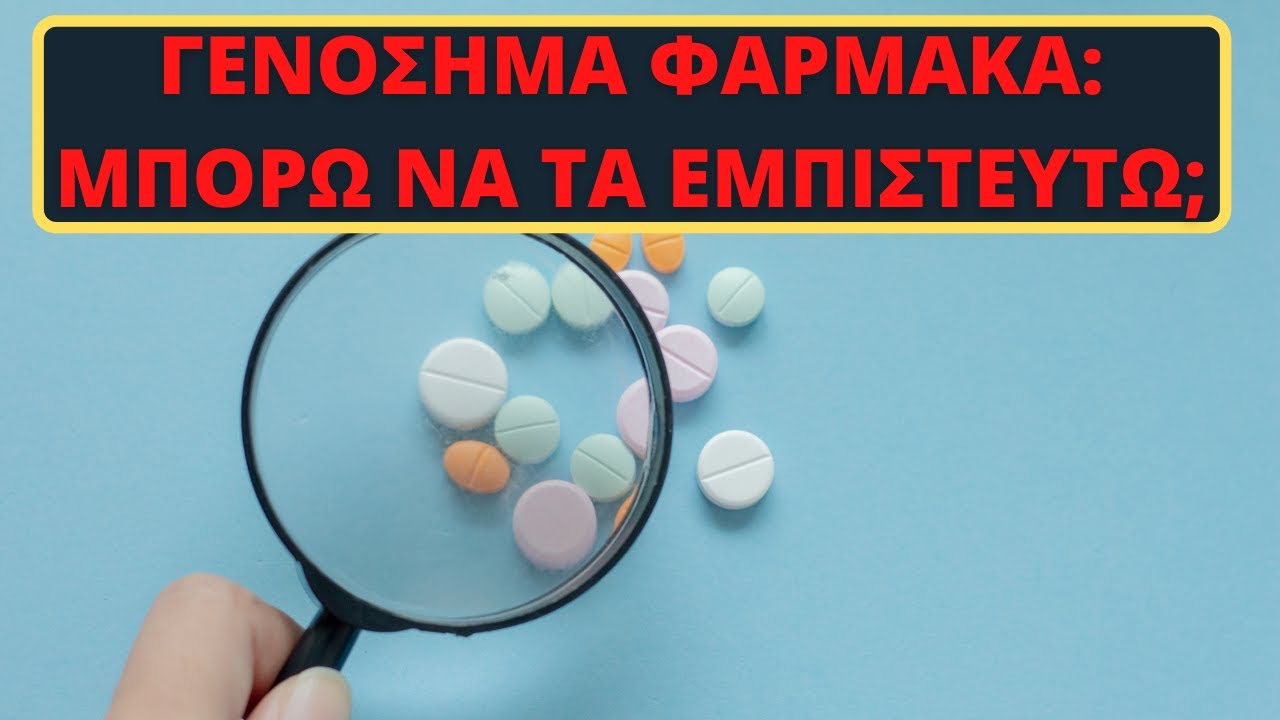
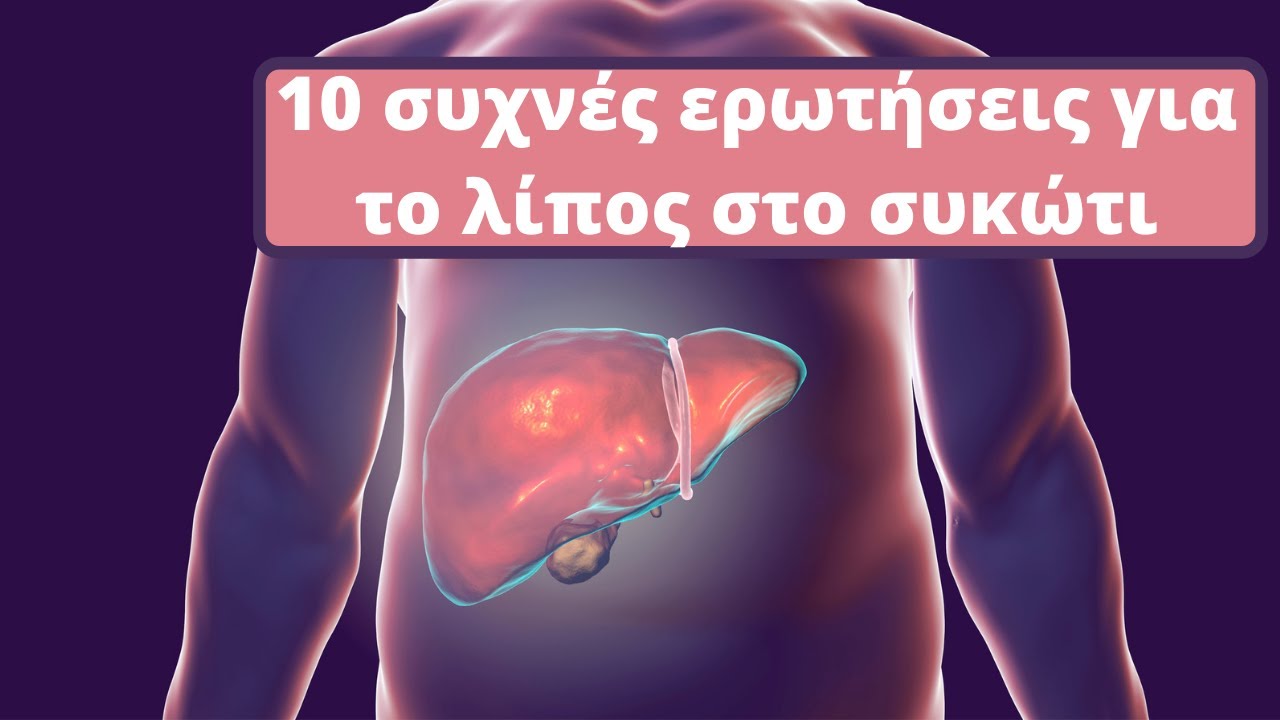
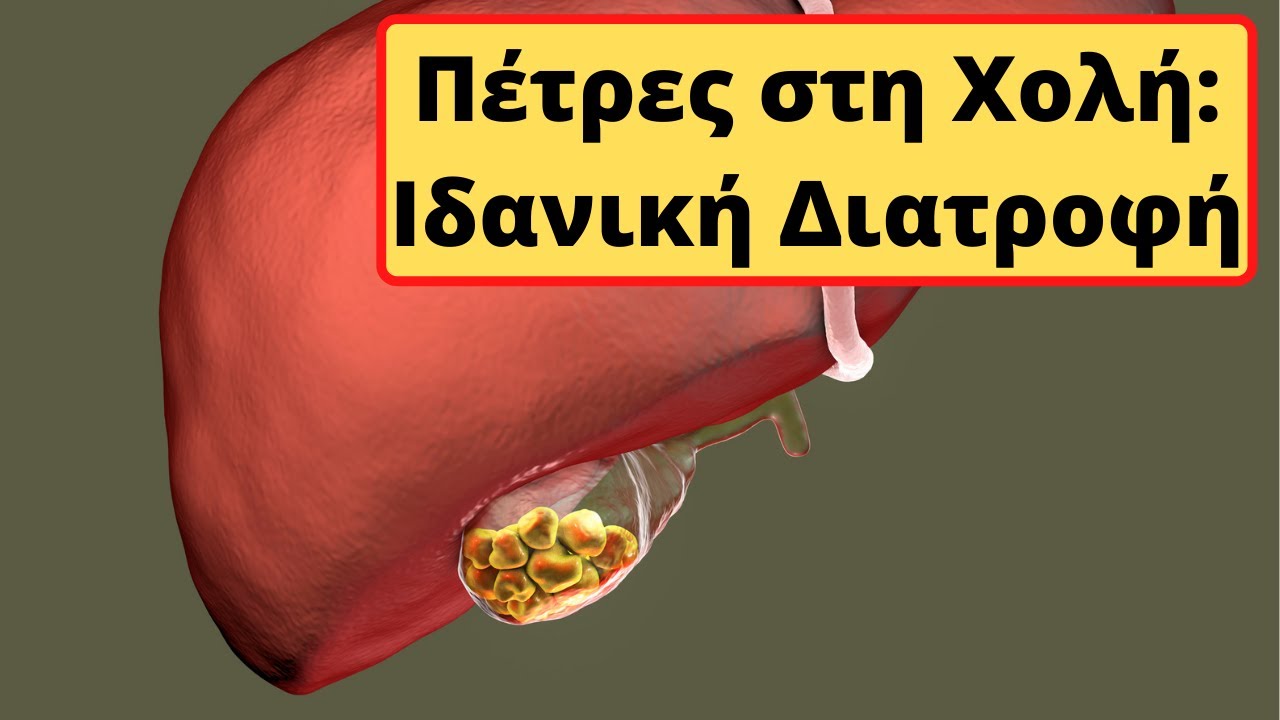
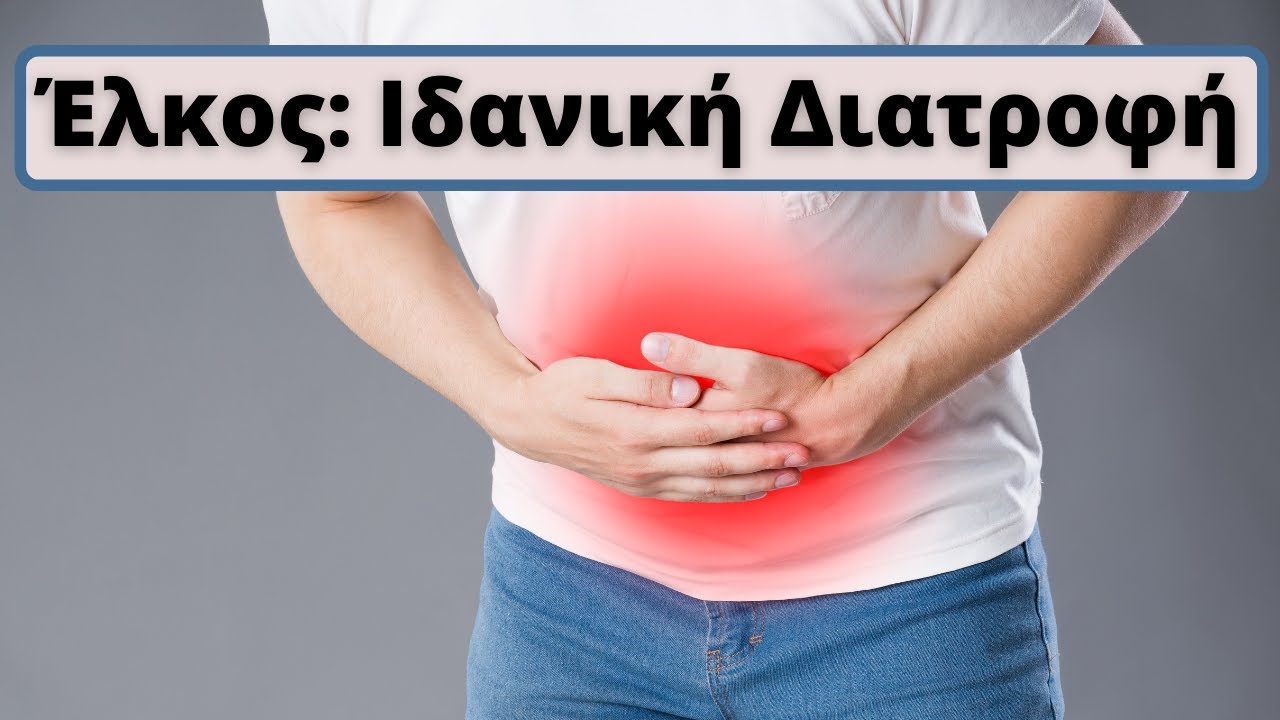
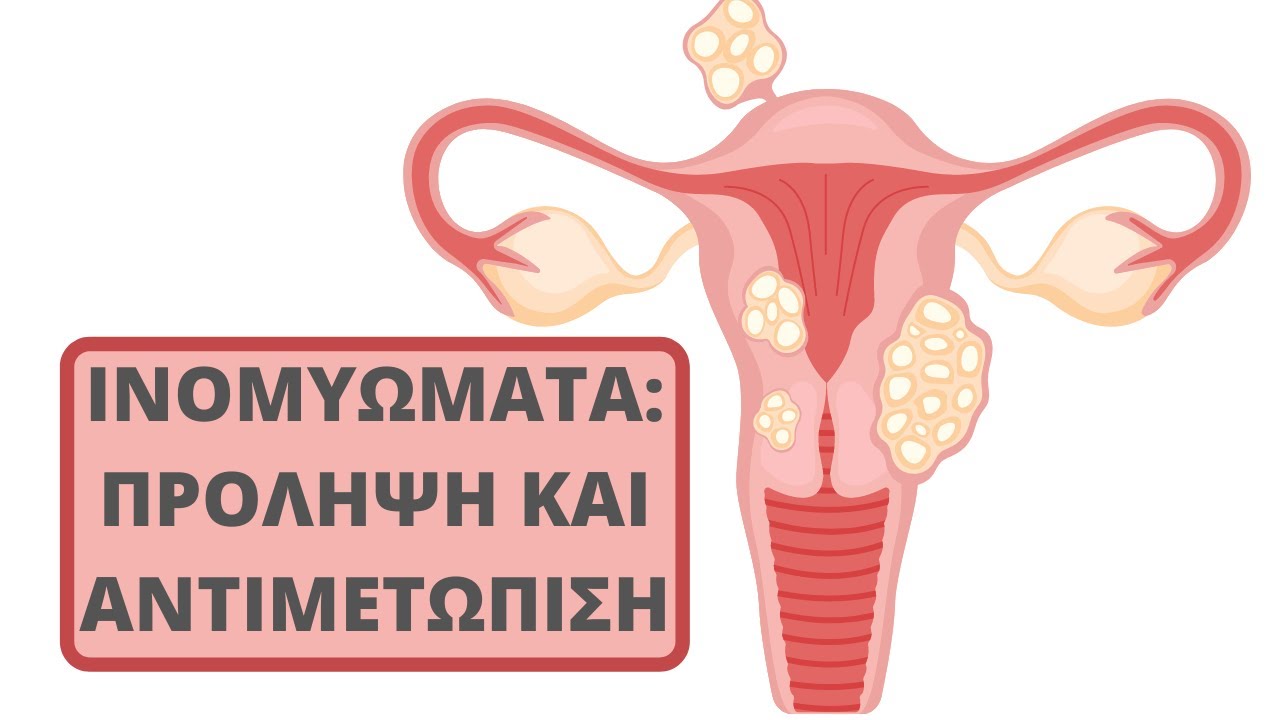
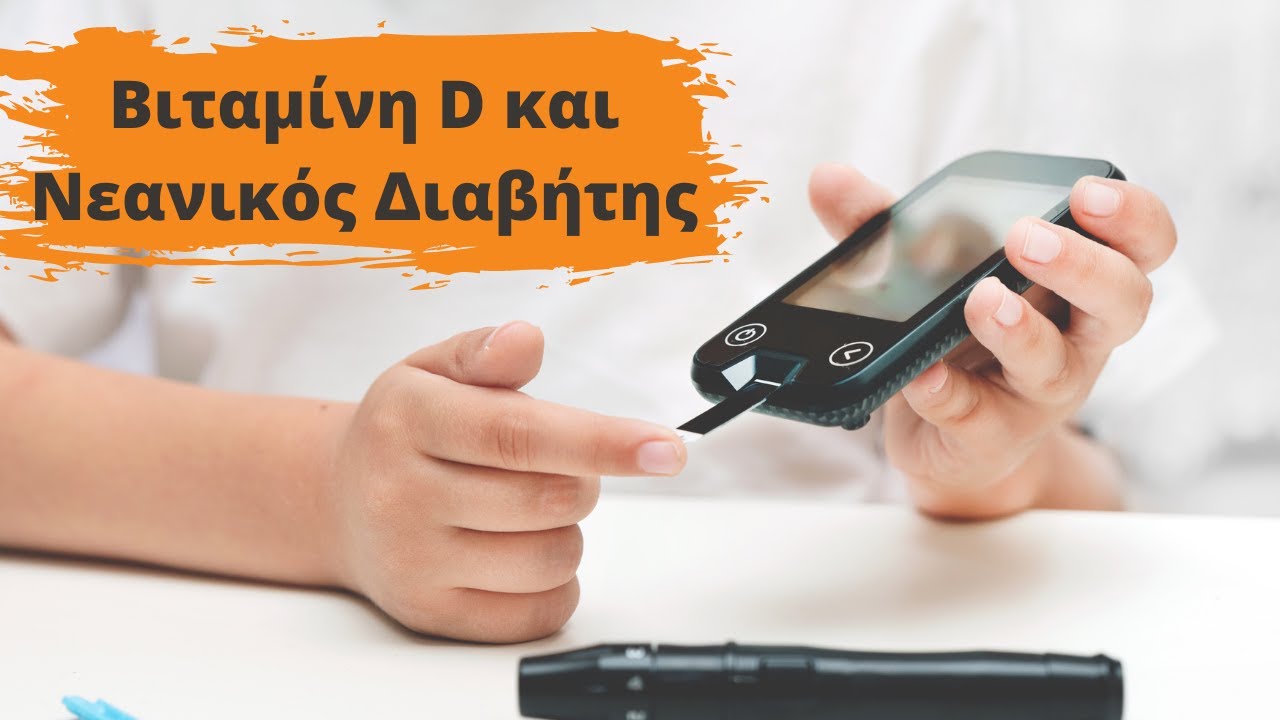
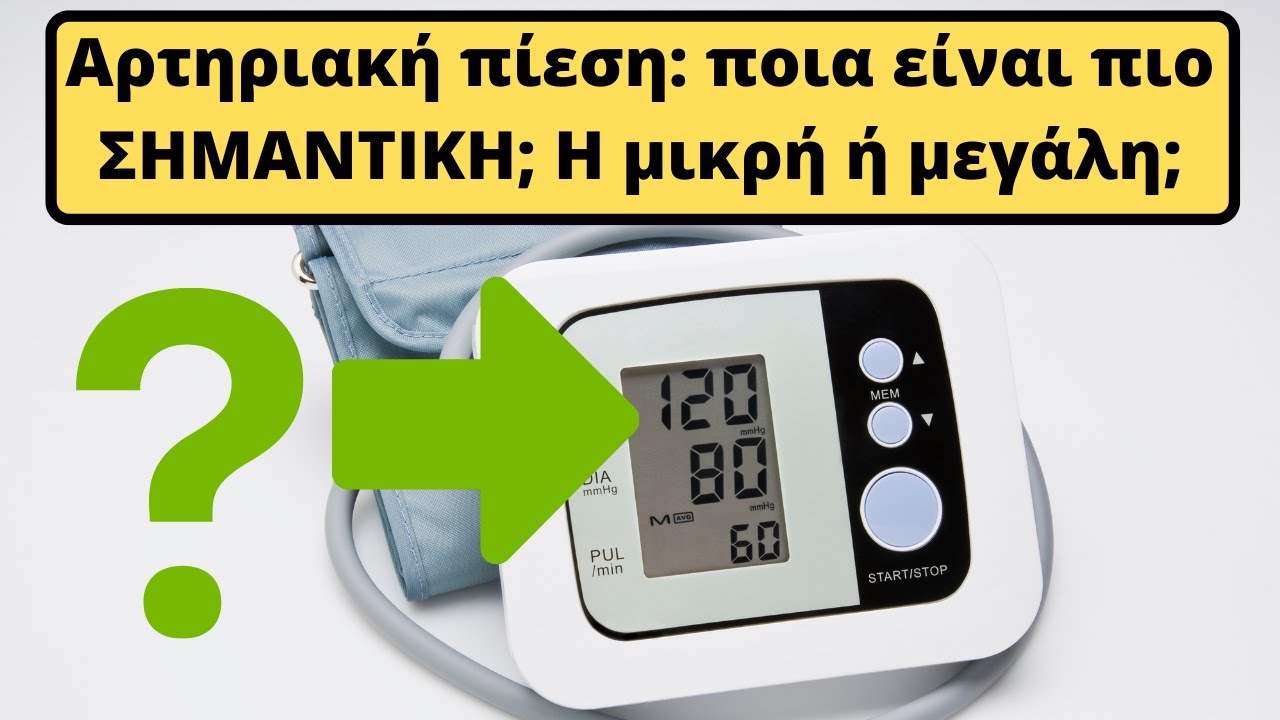
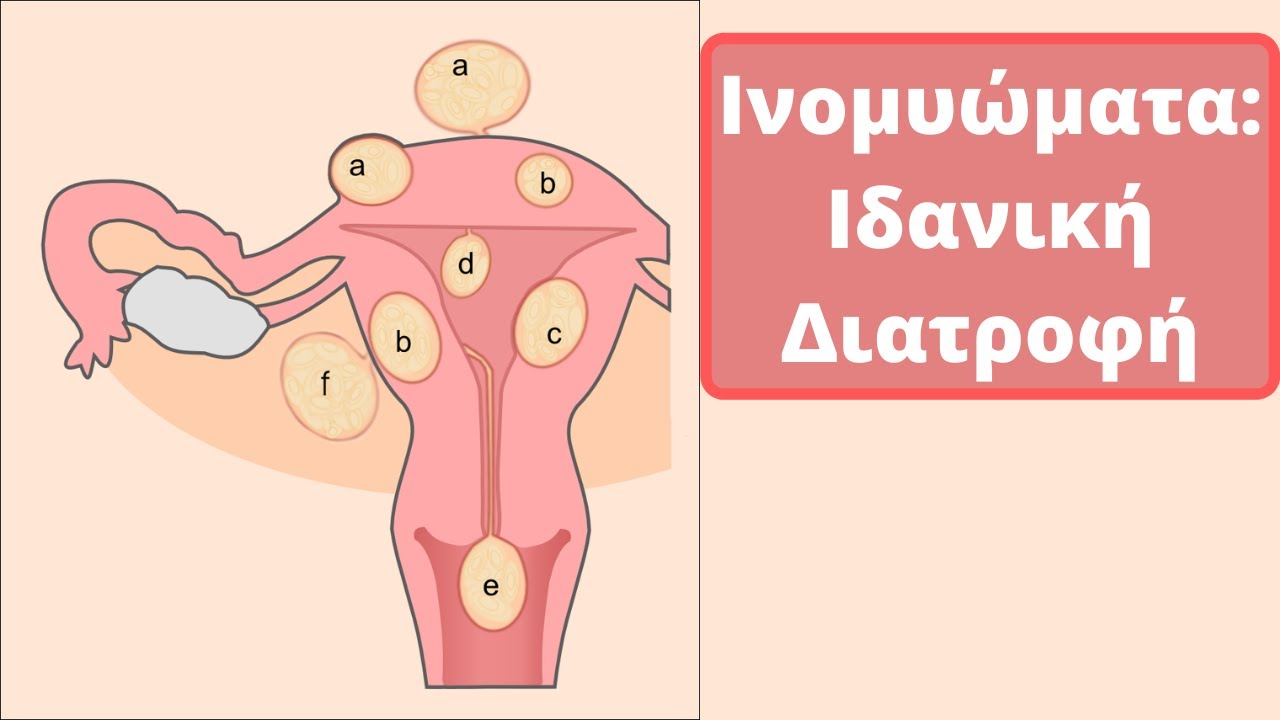
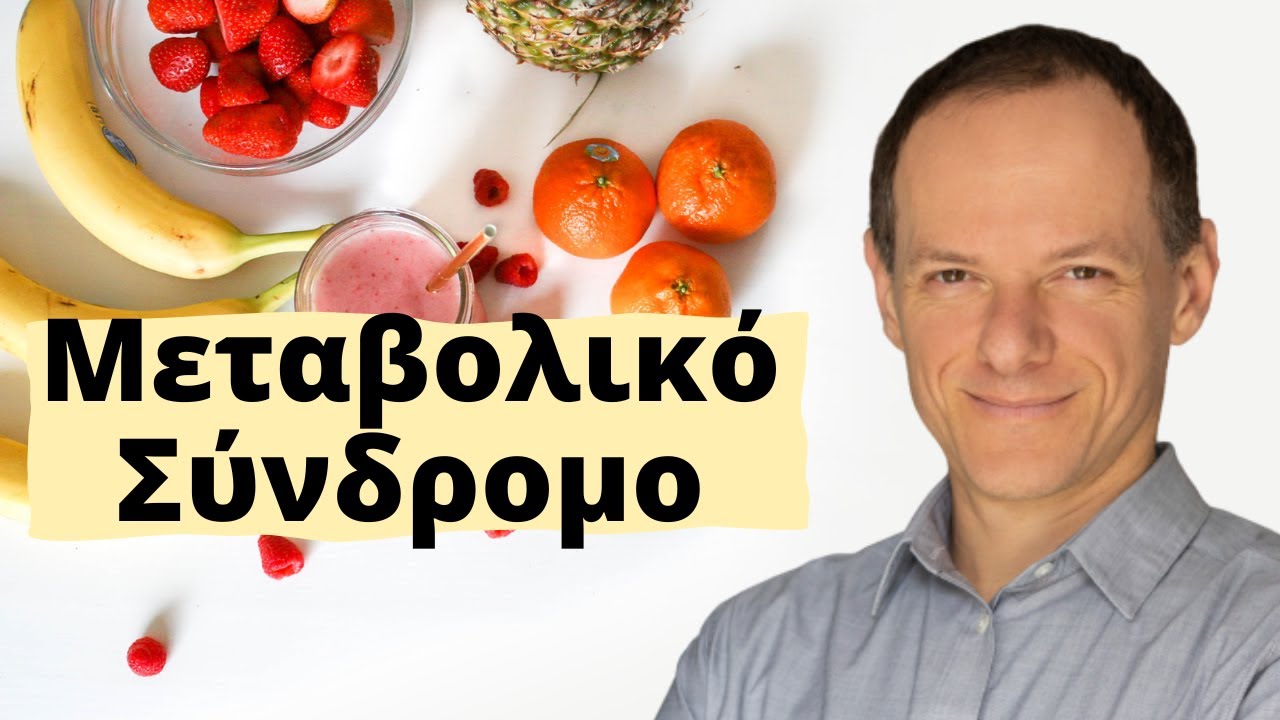
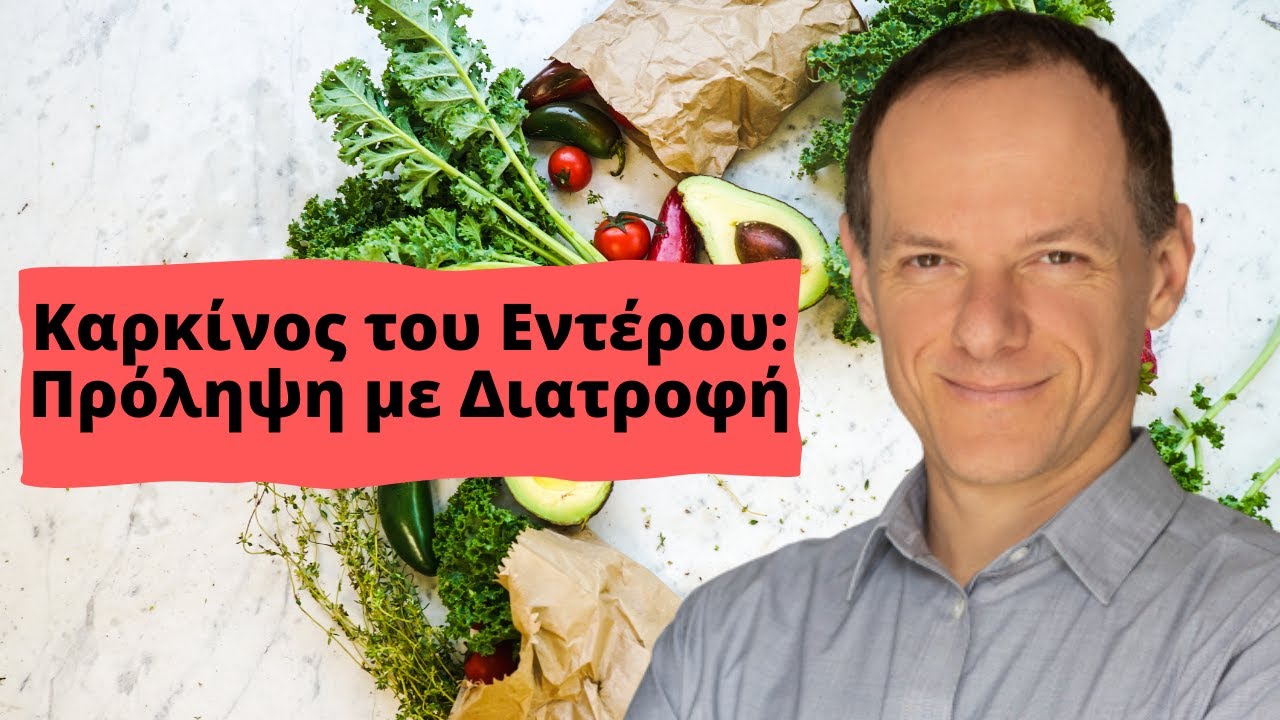
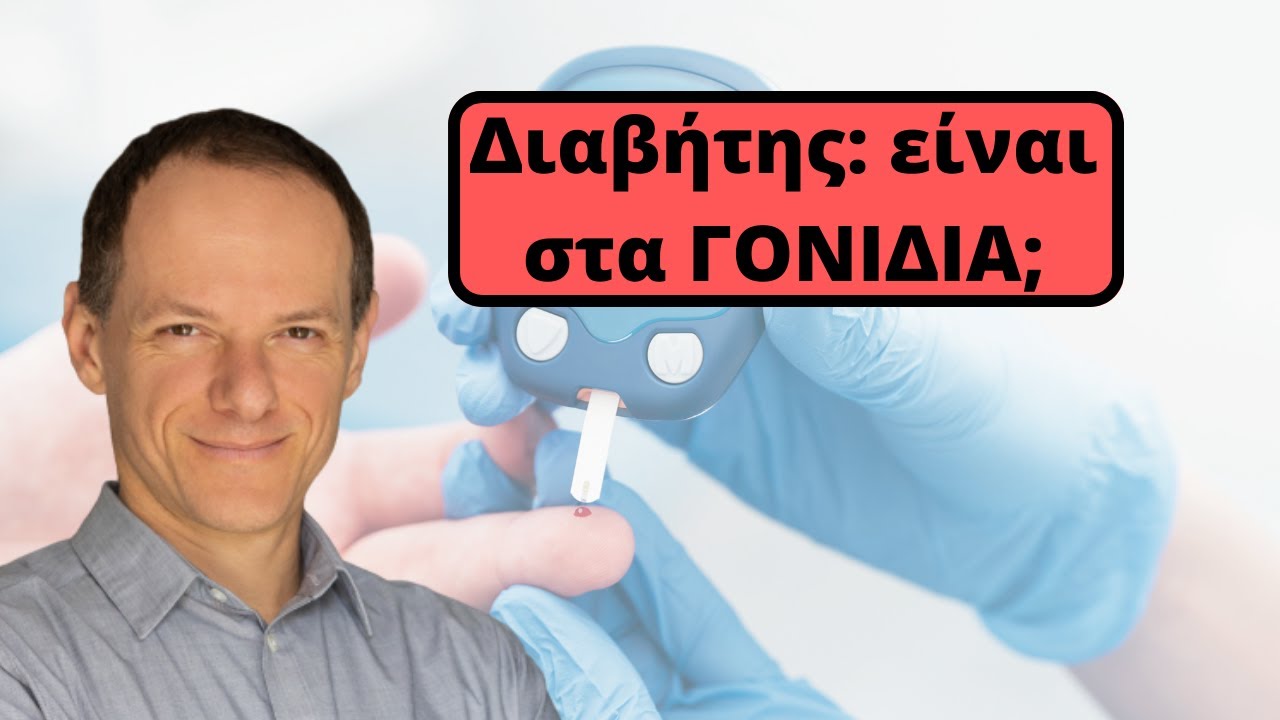
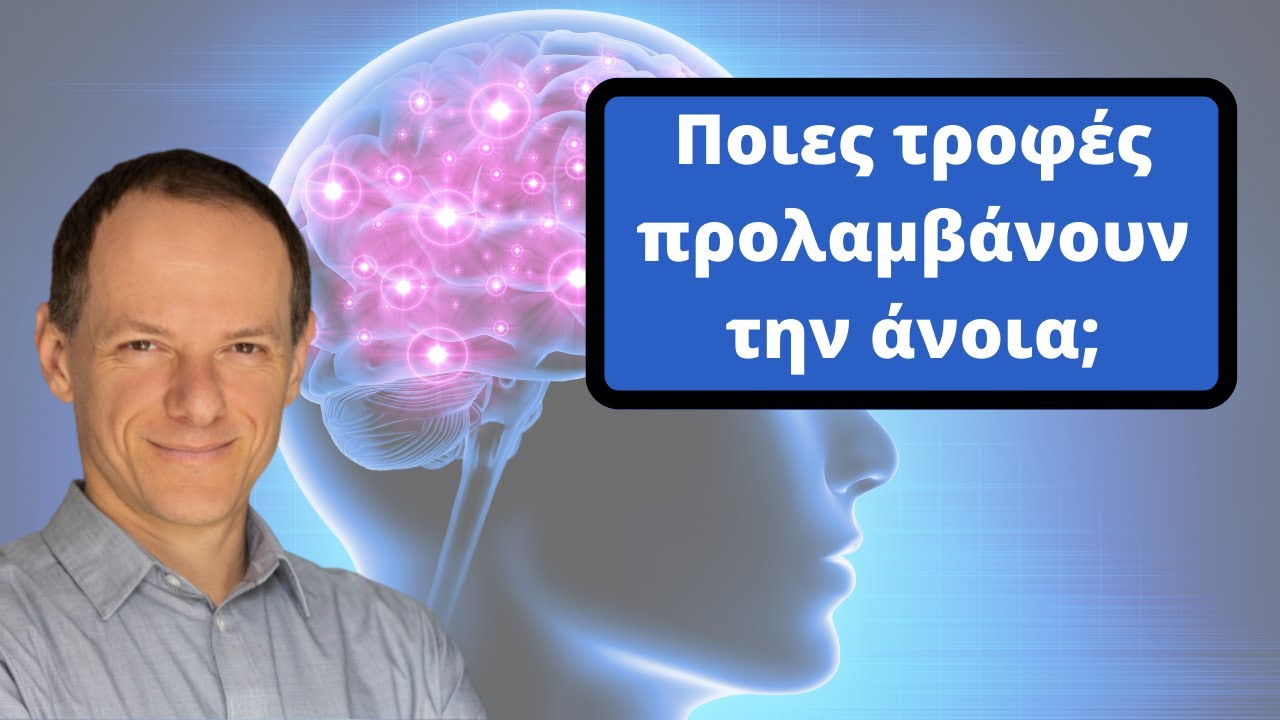
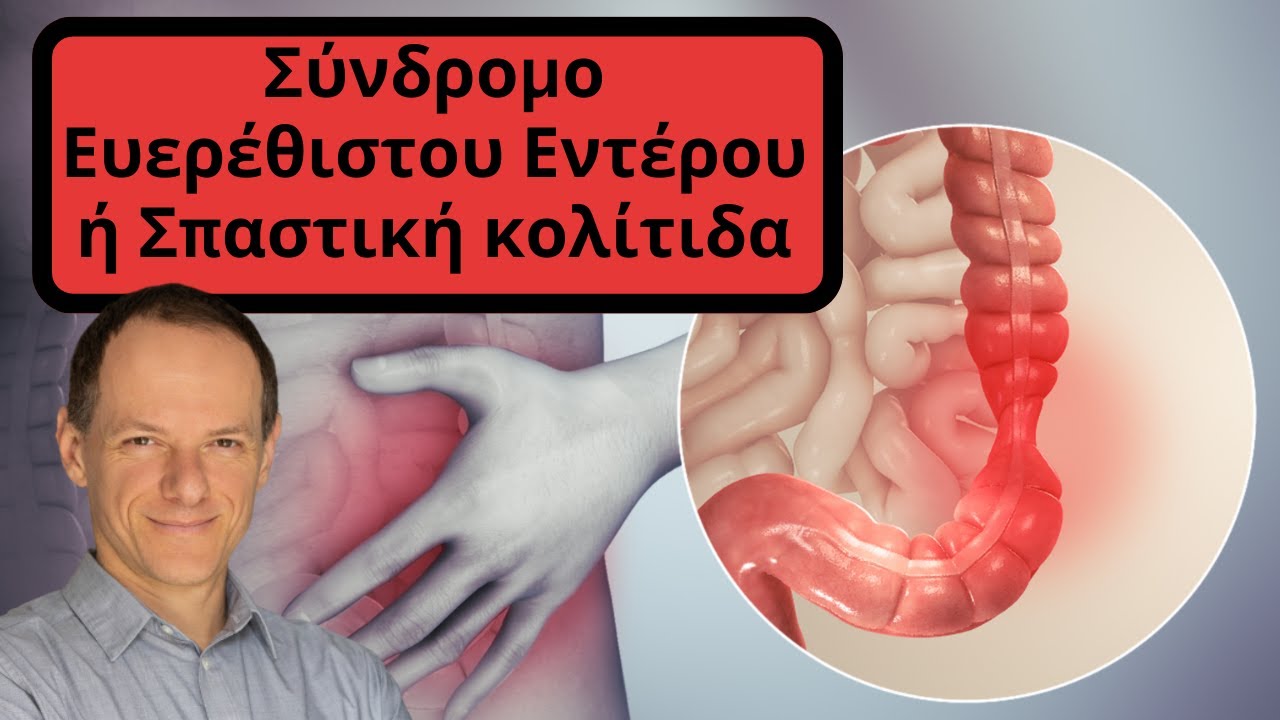
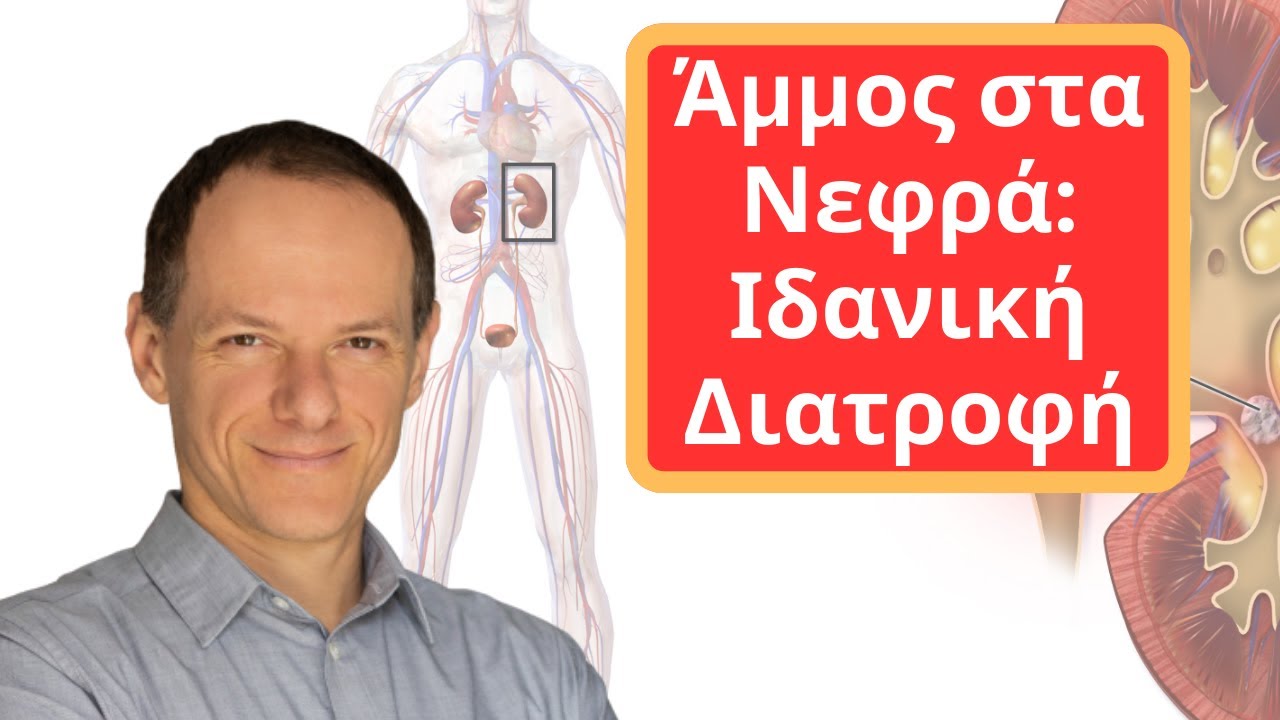
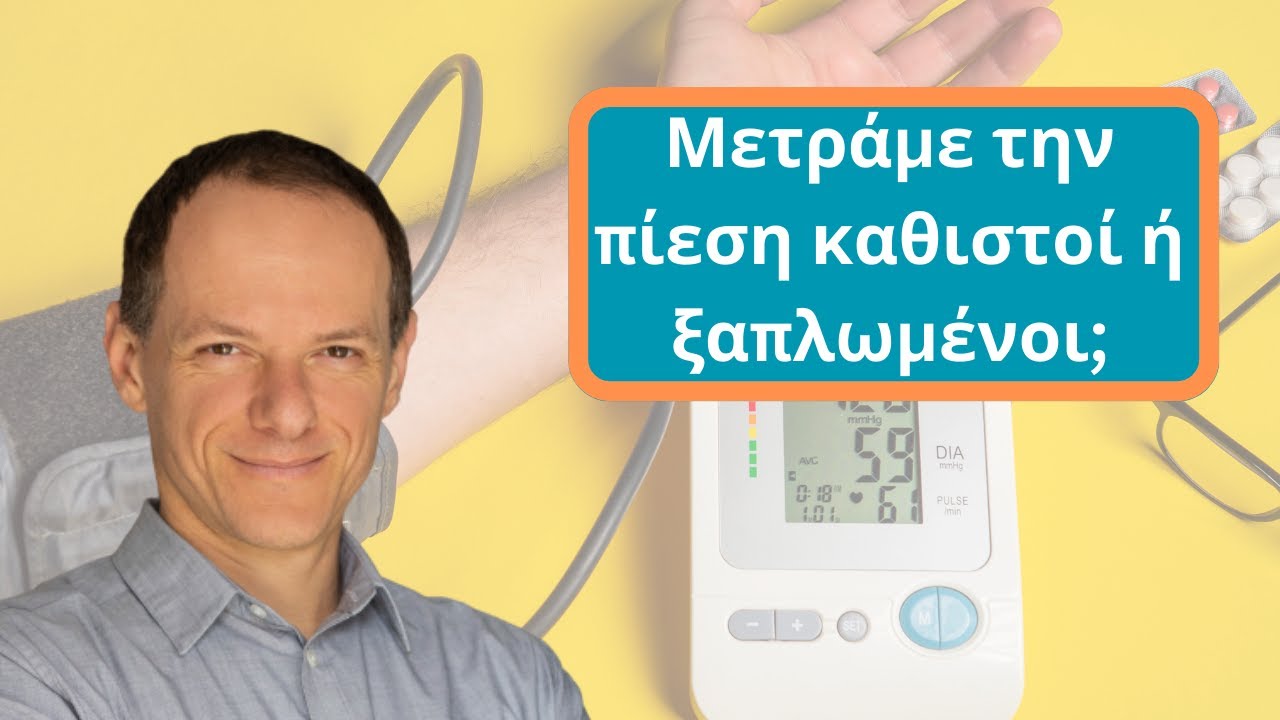

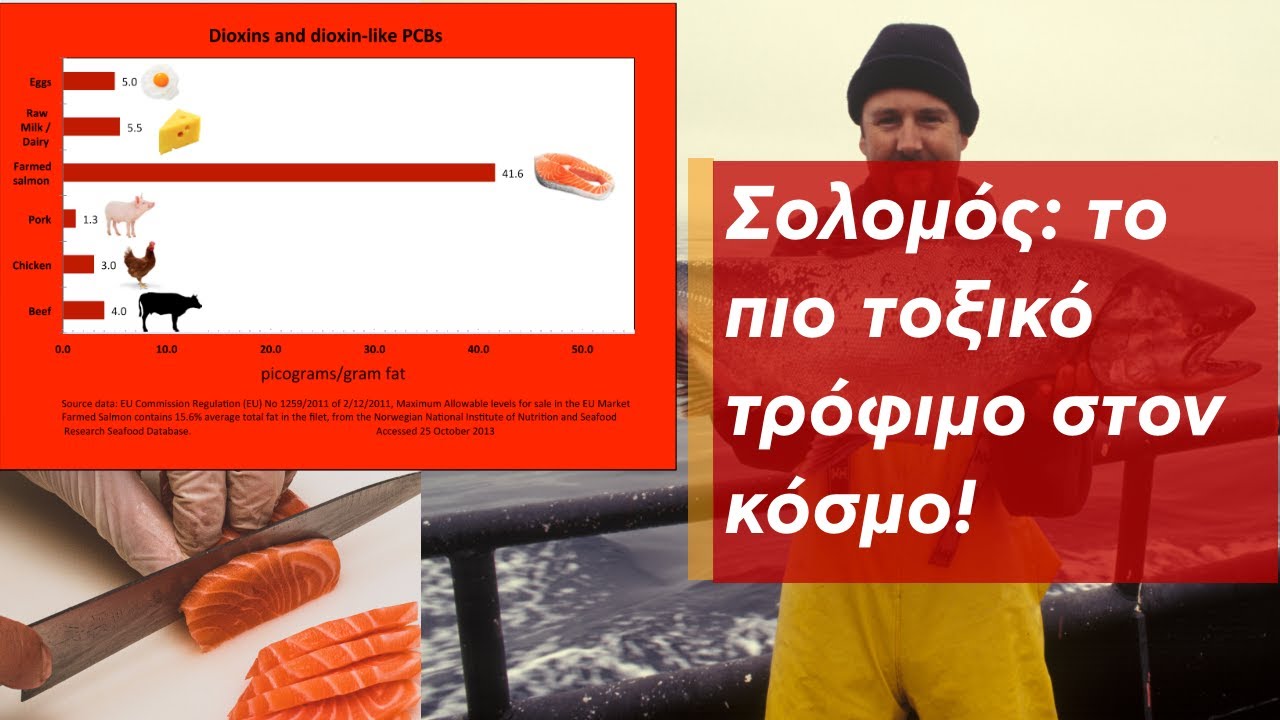
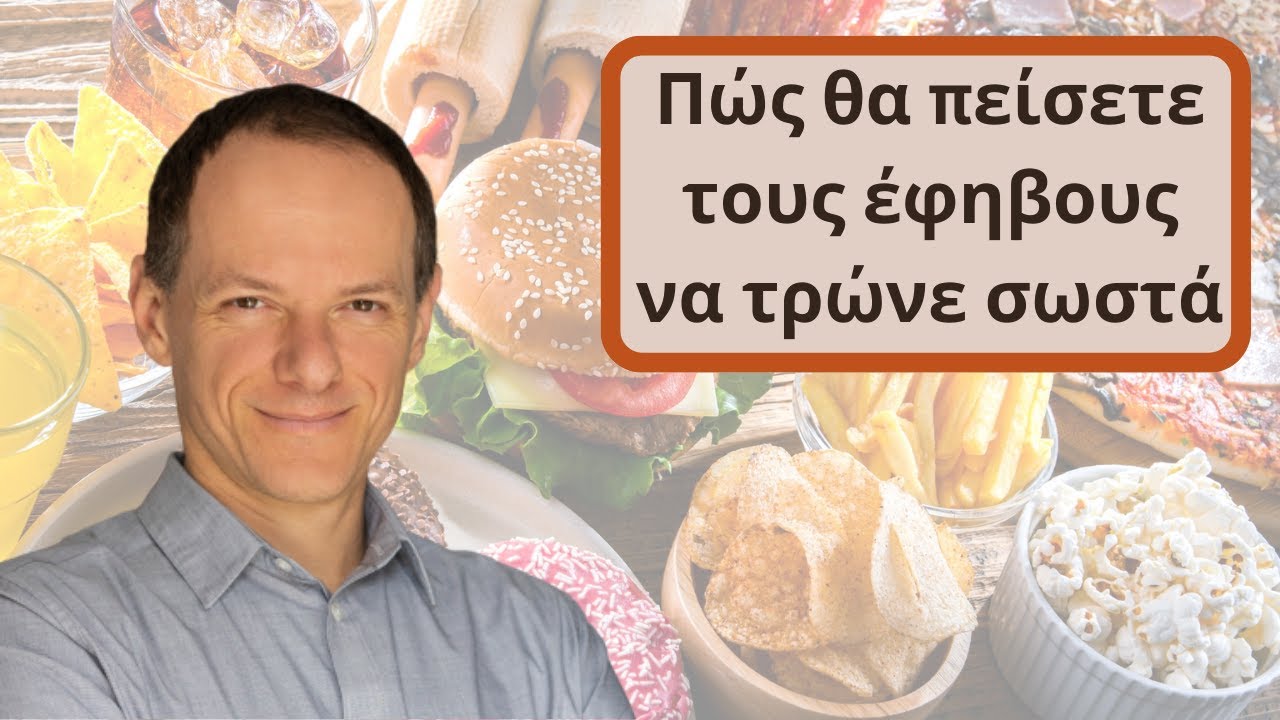
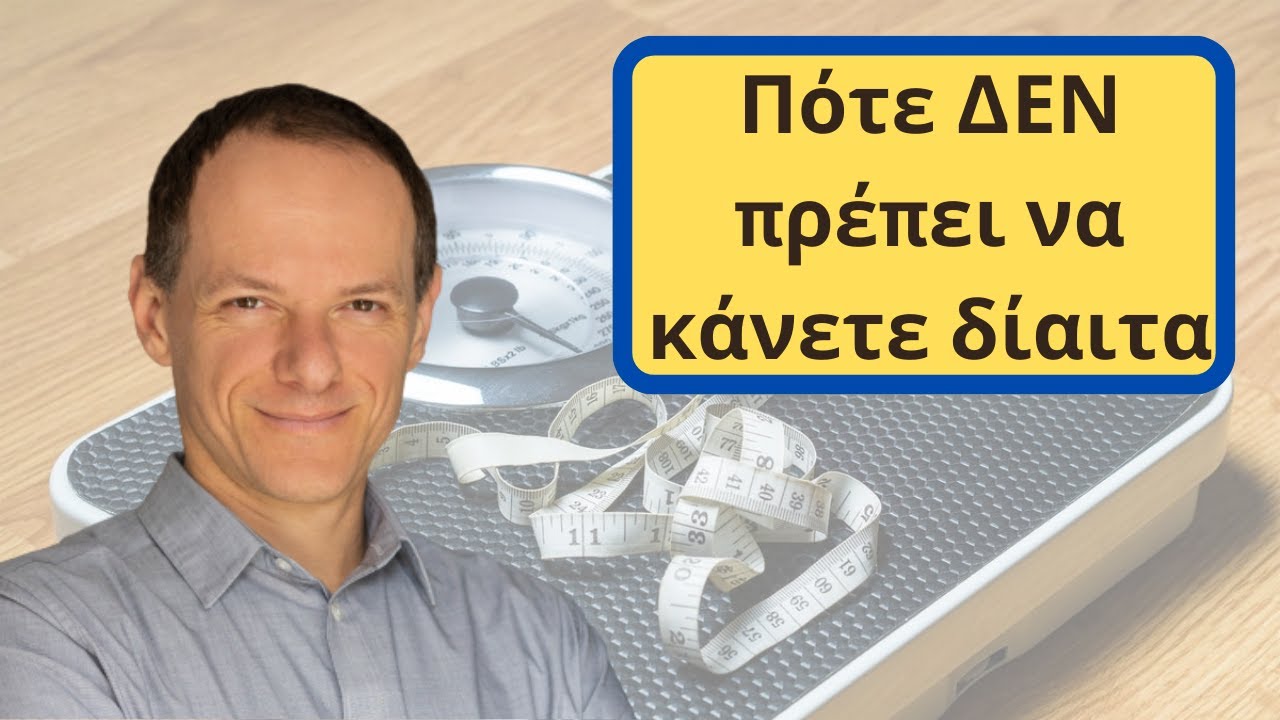
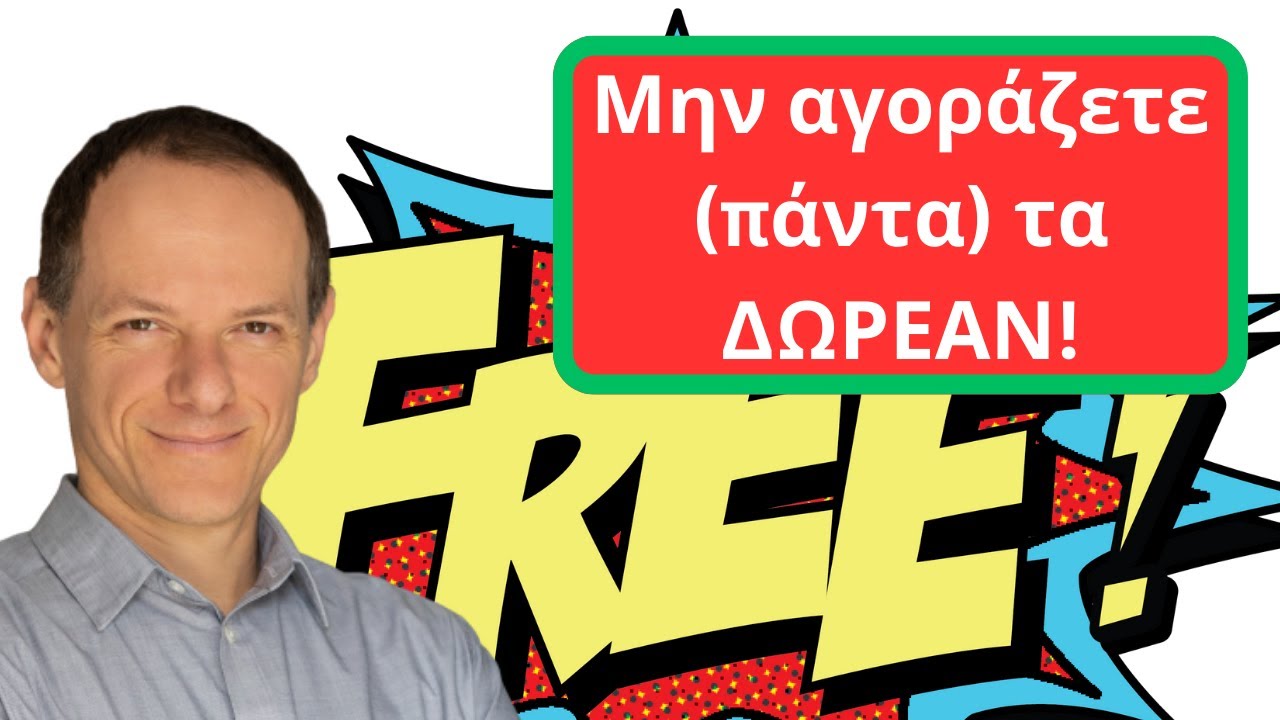
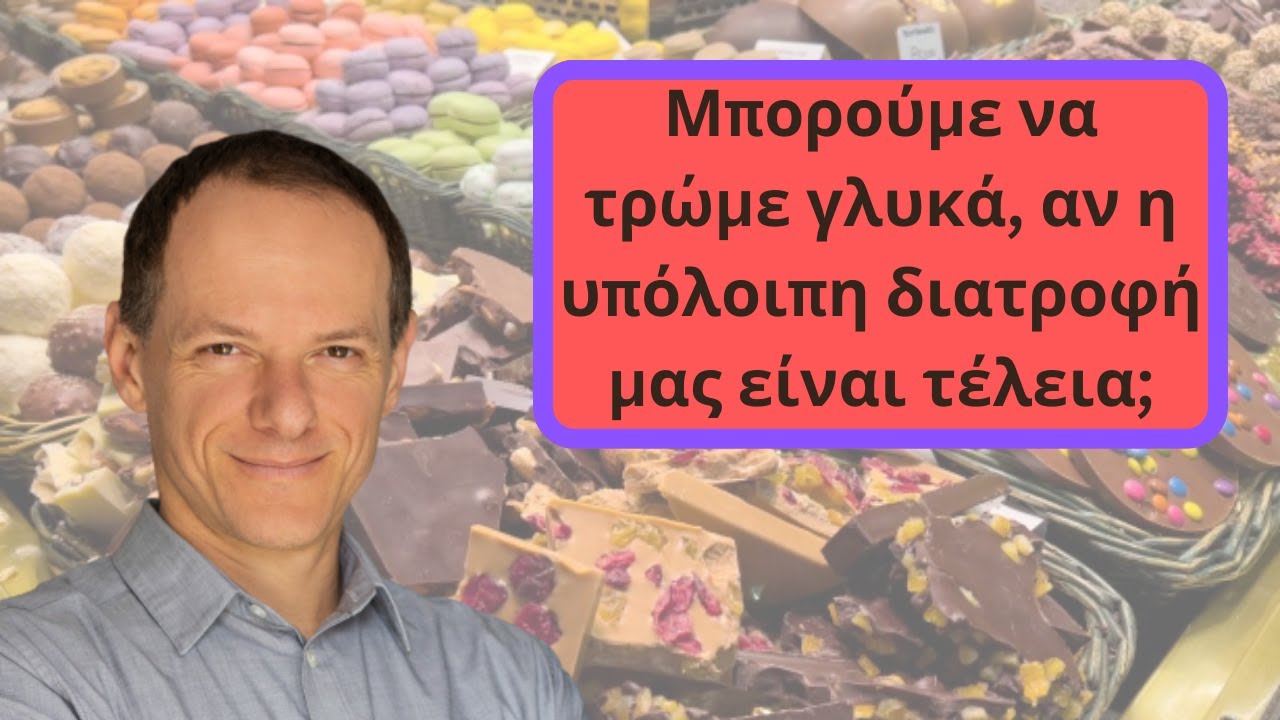
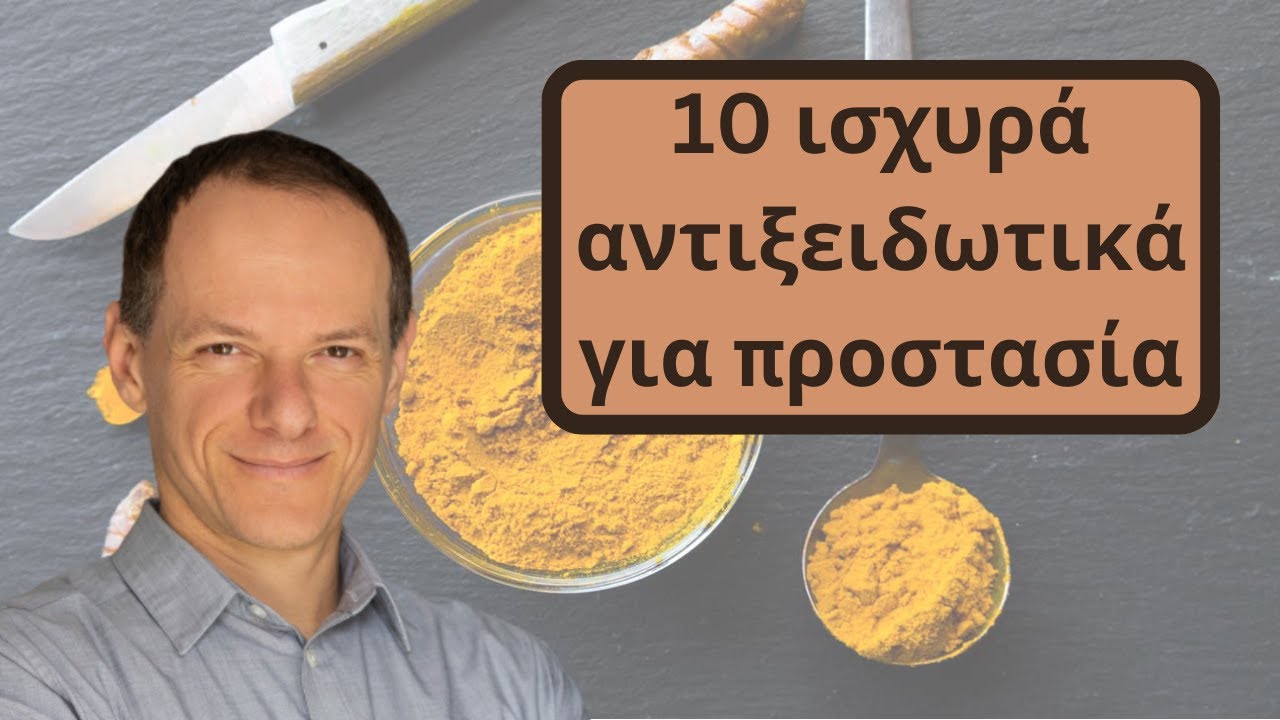
0 Σχόλια